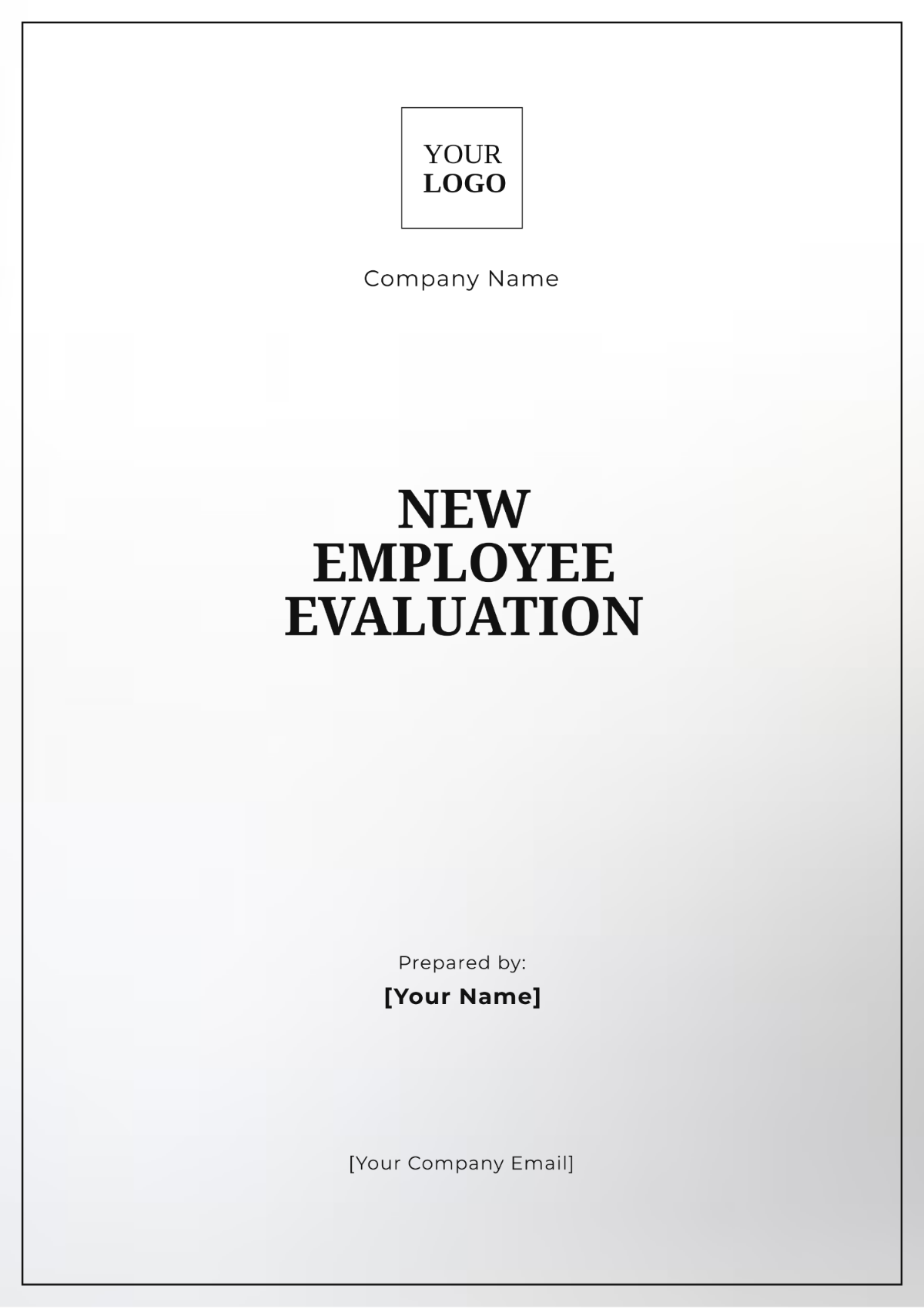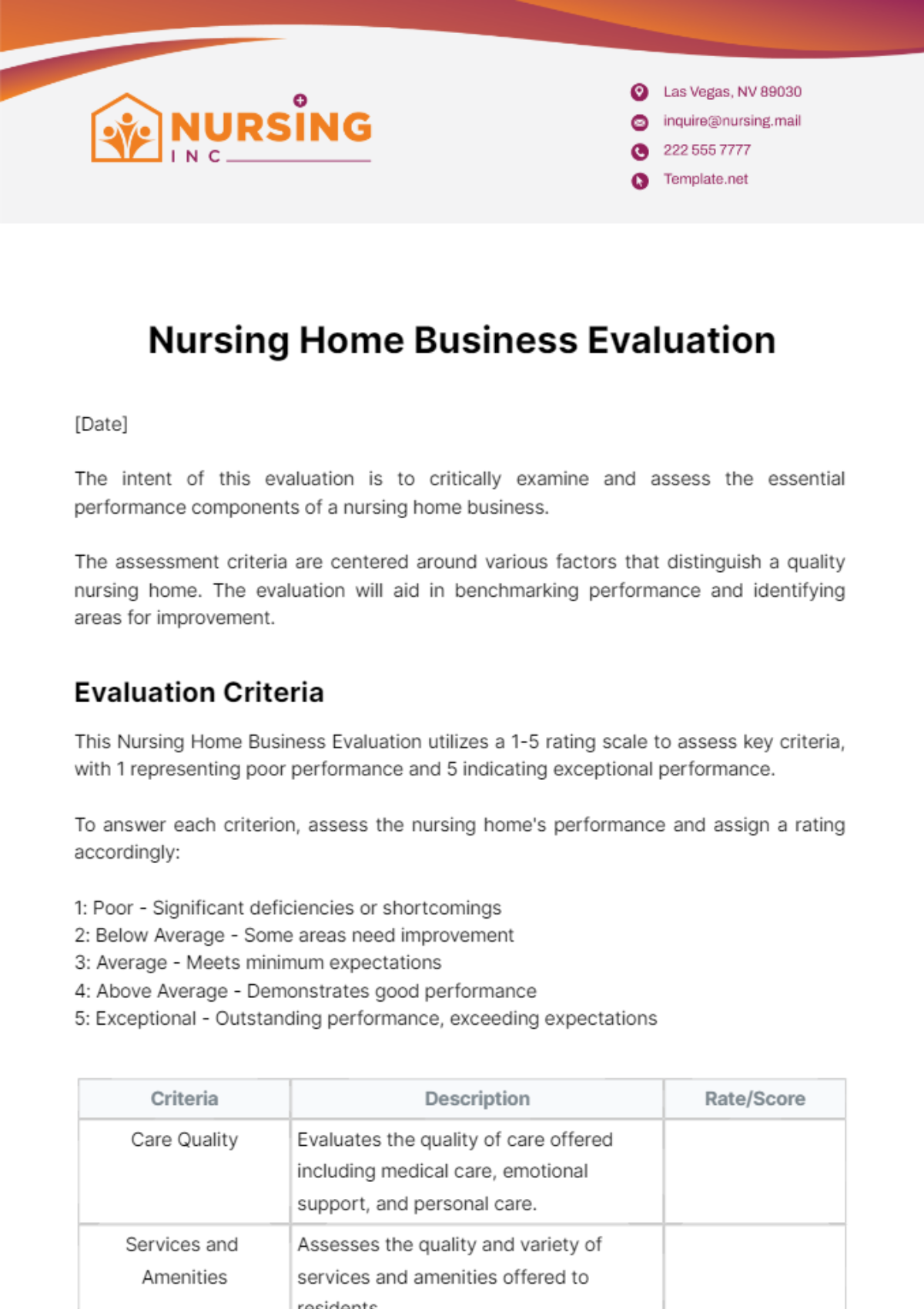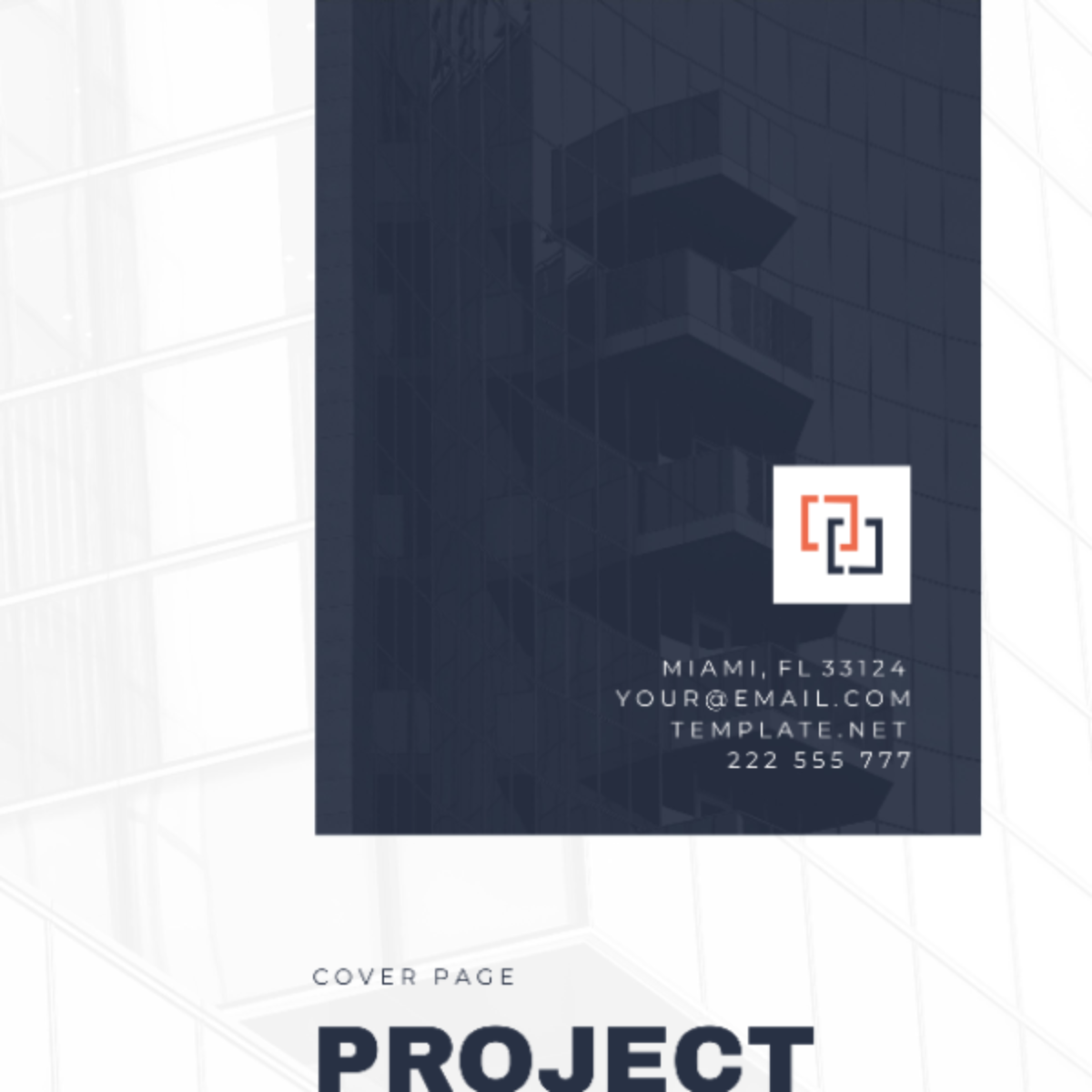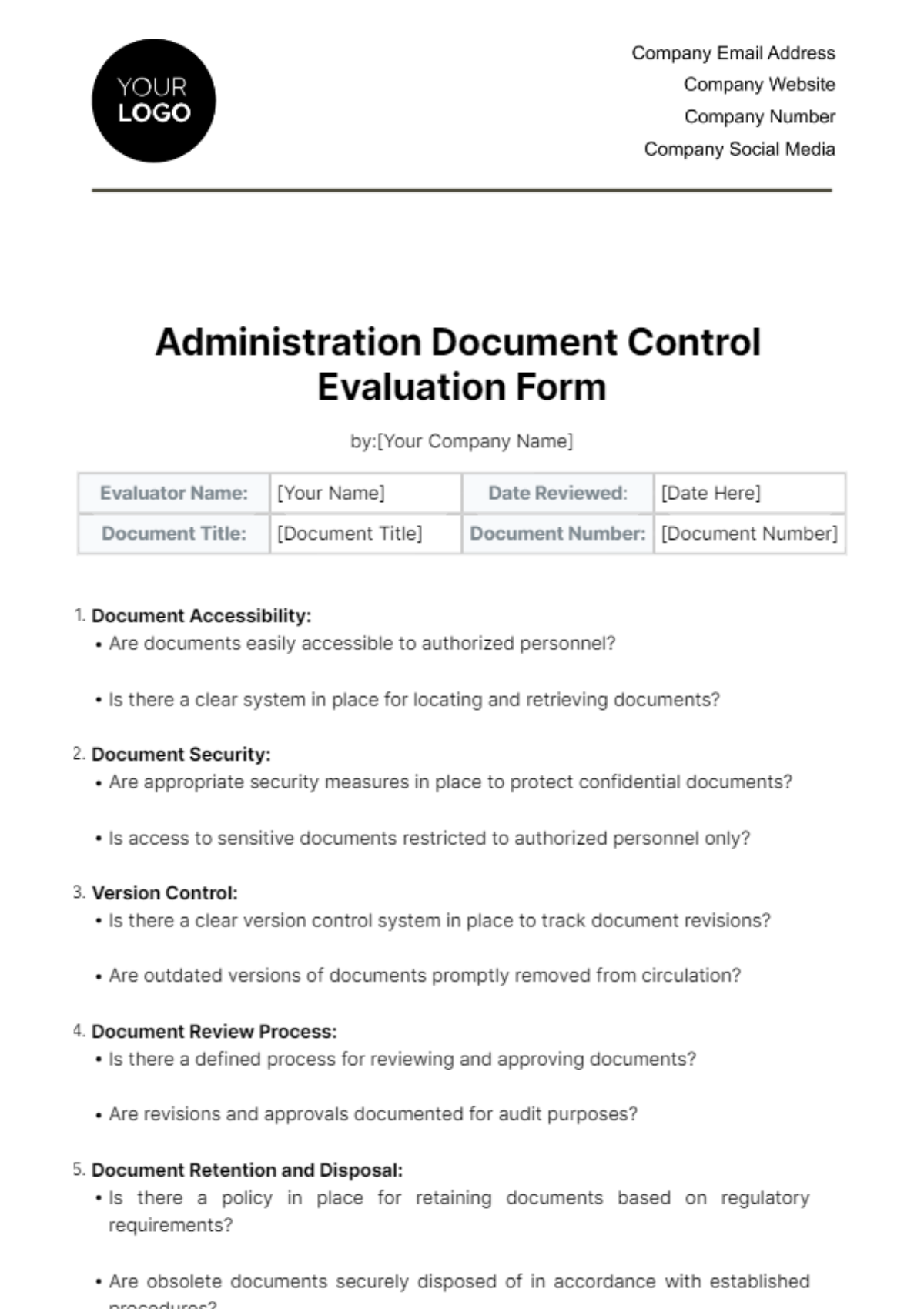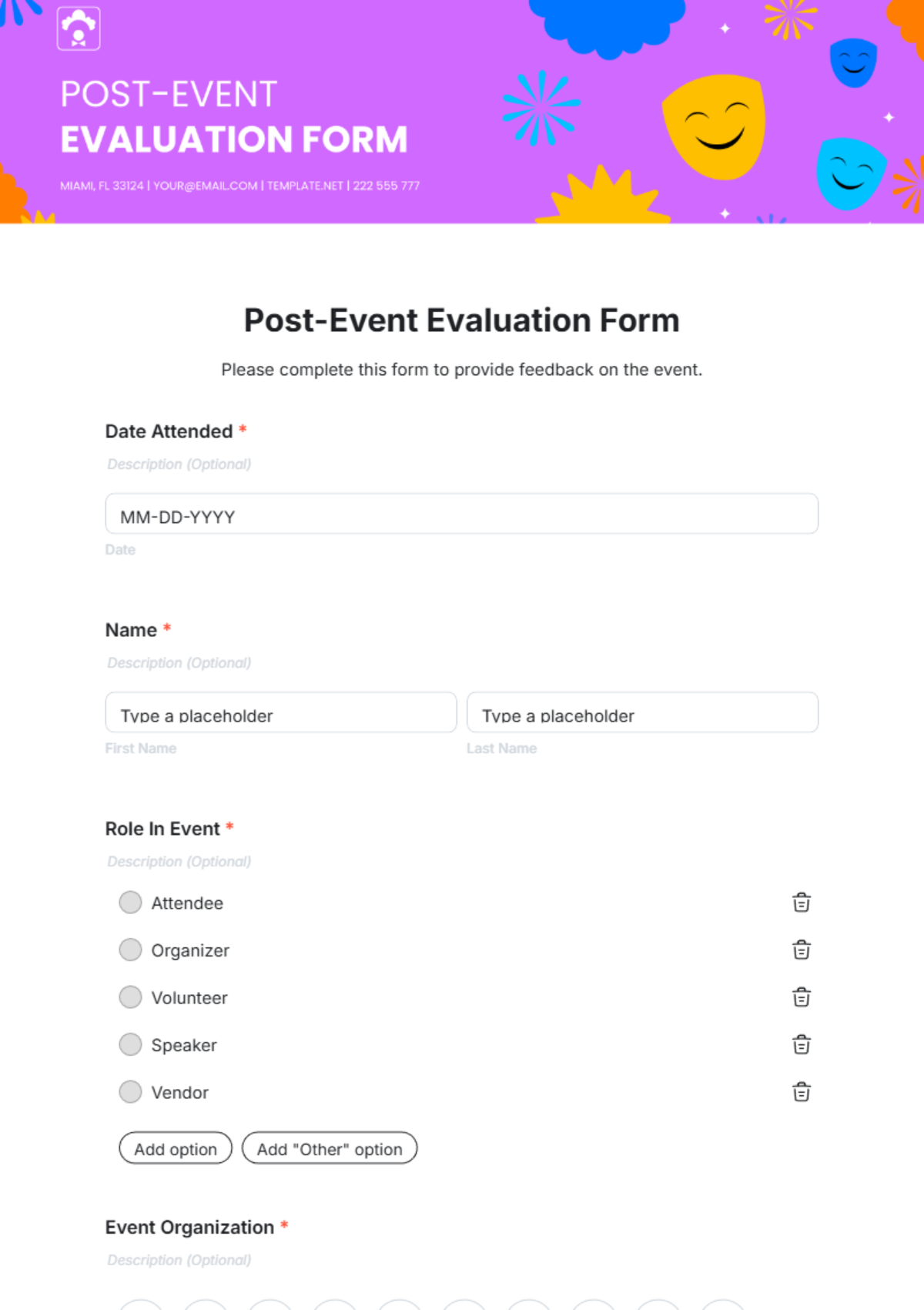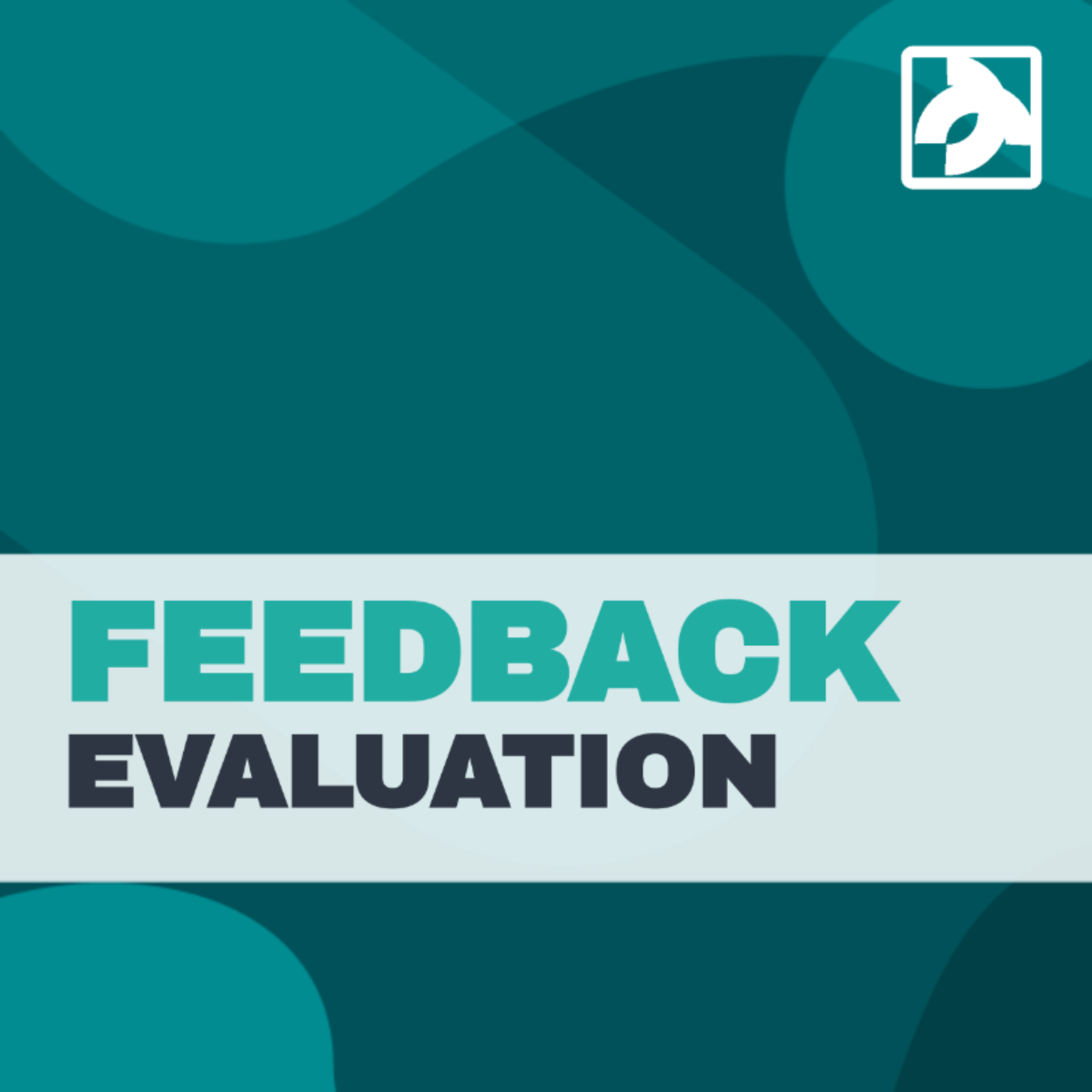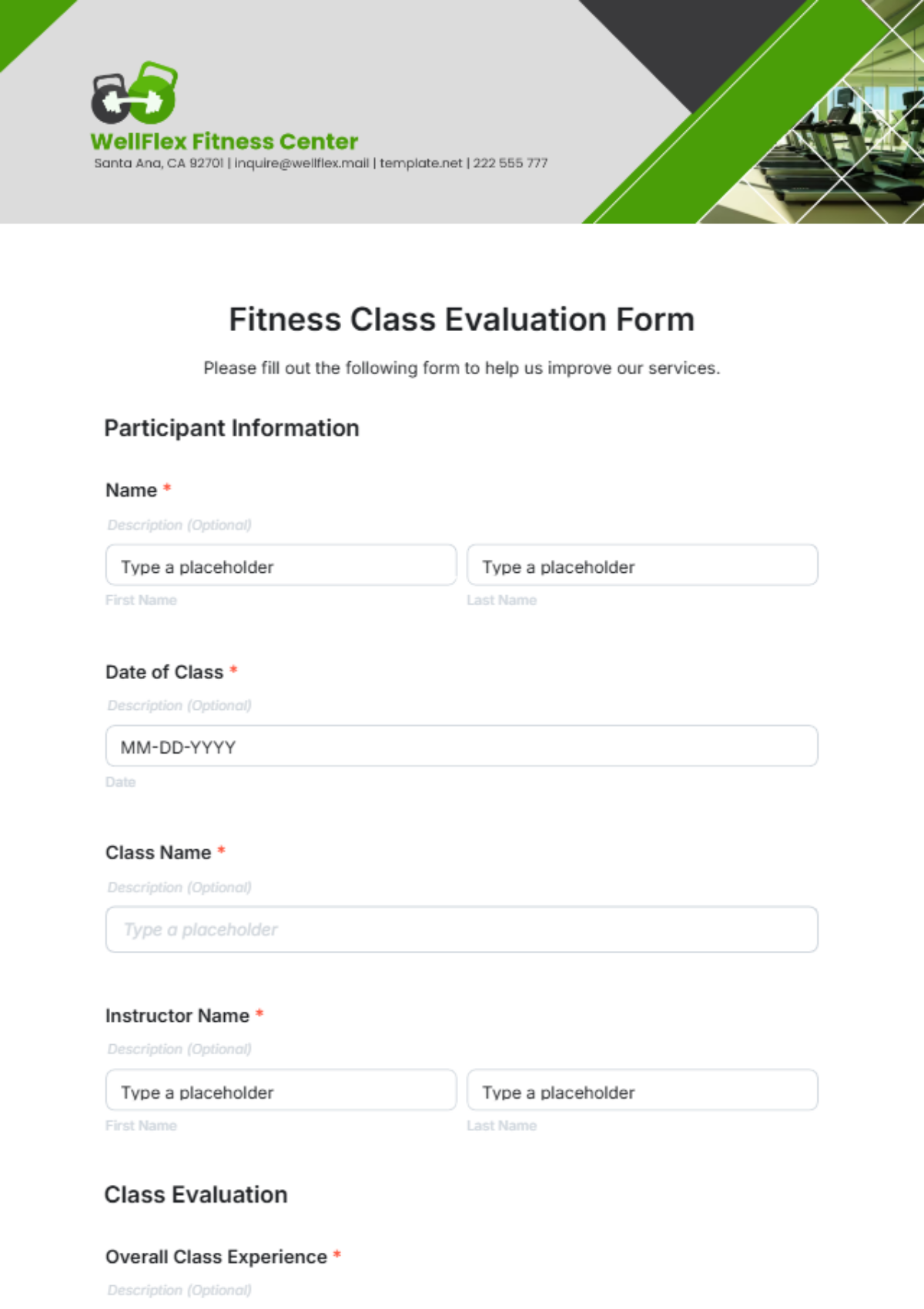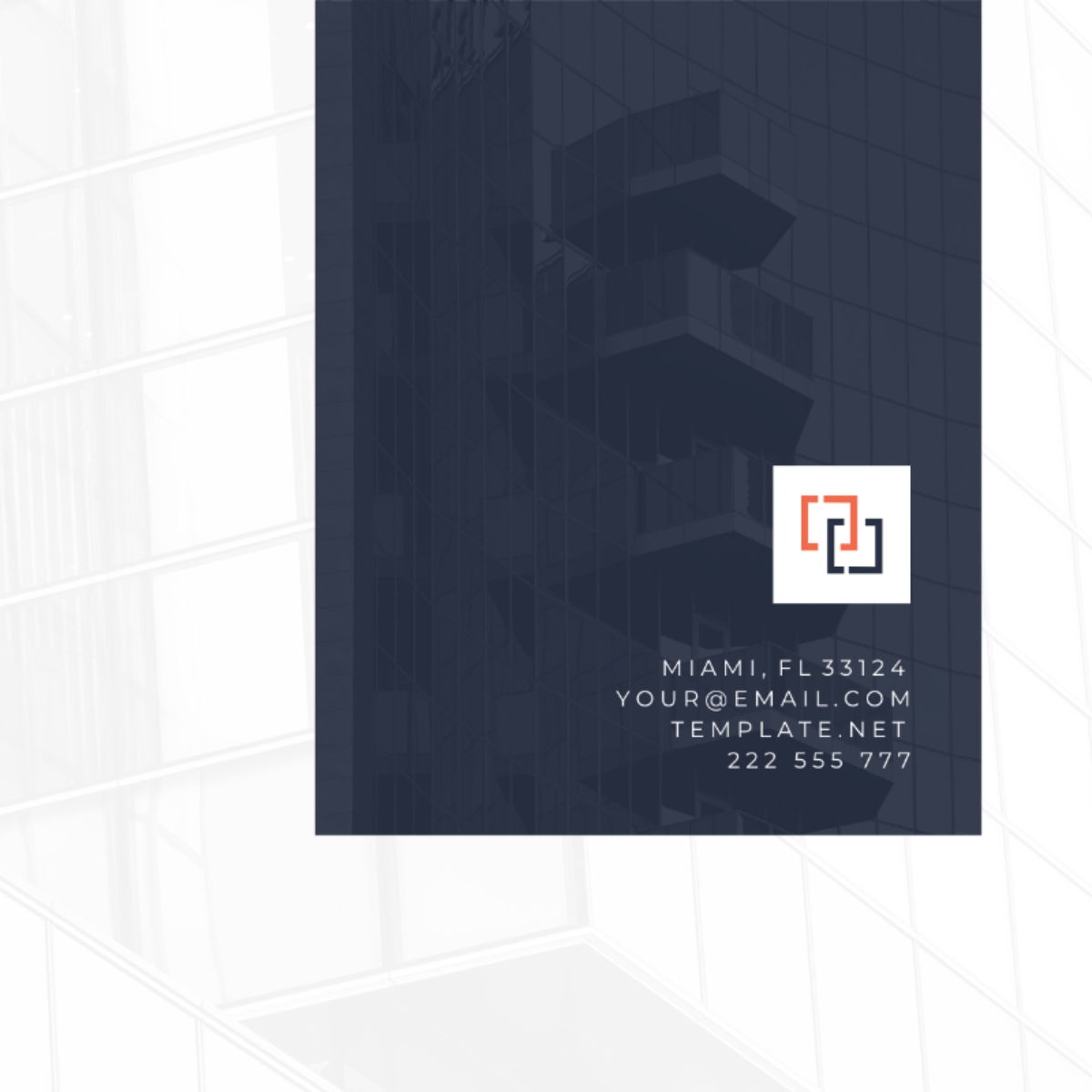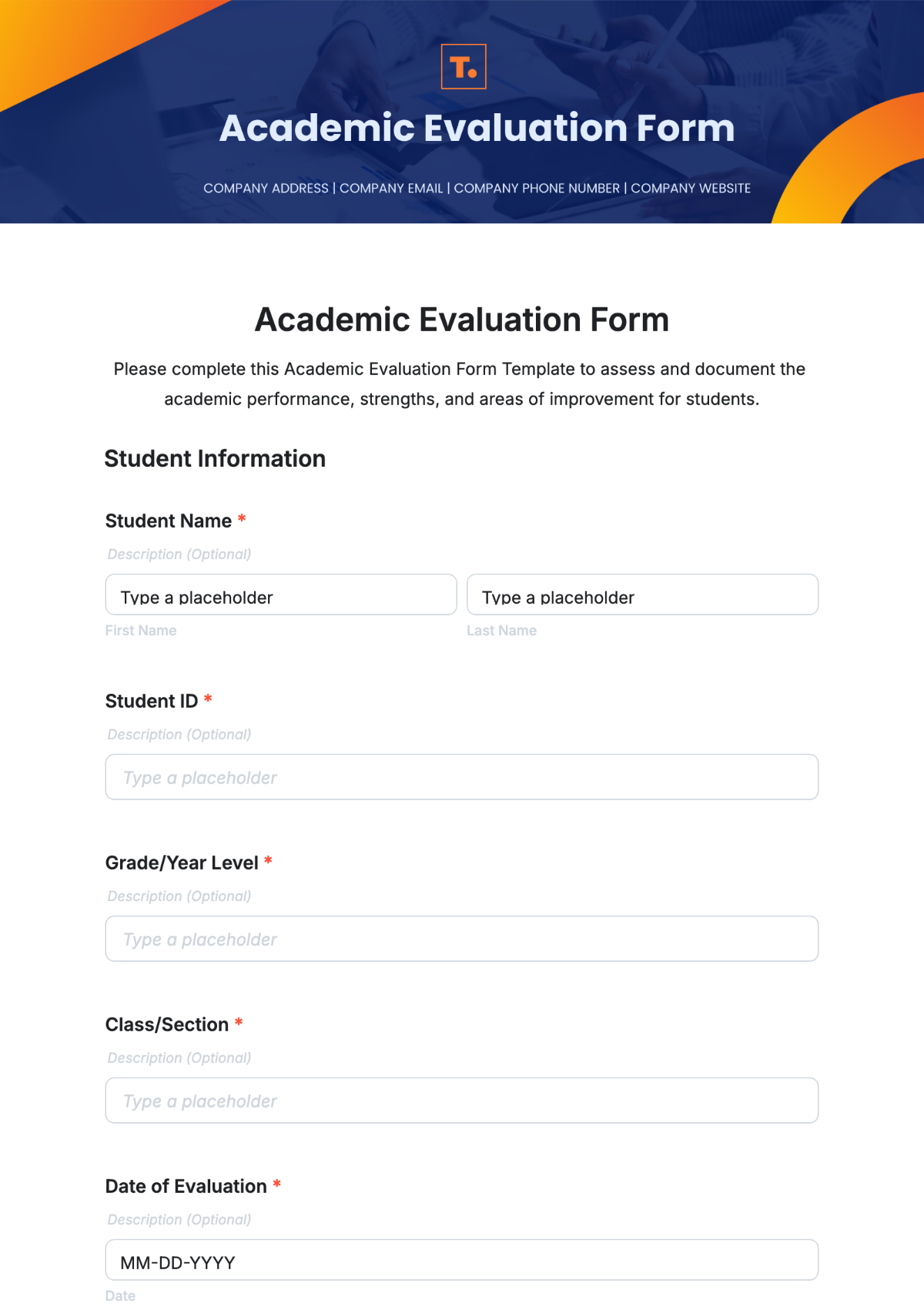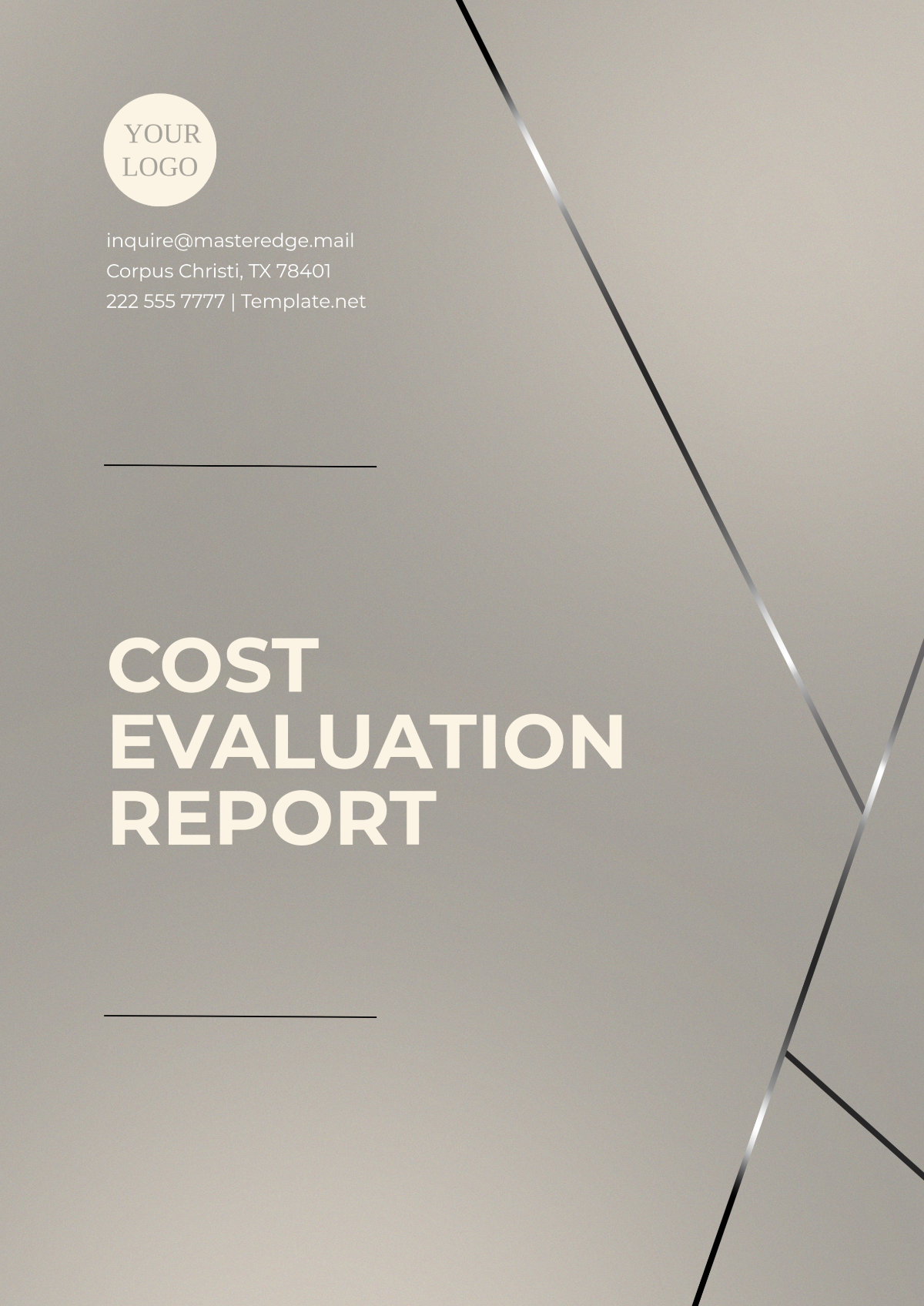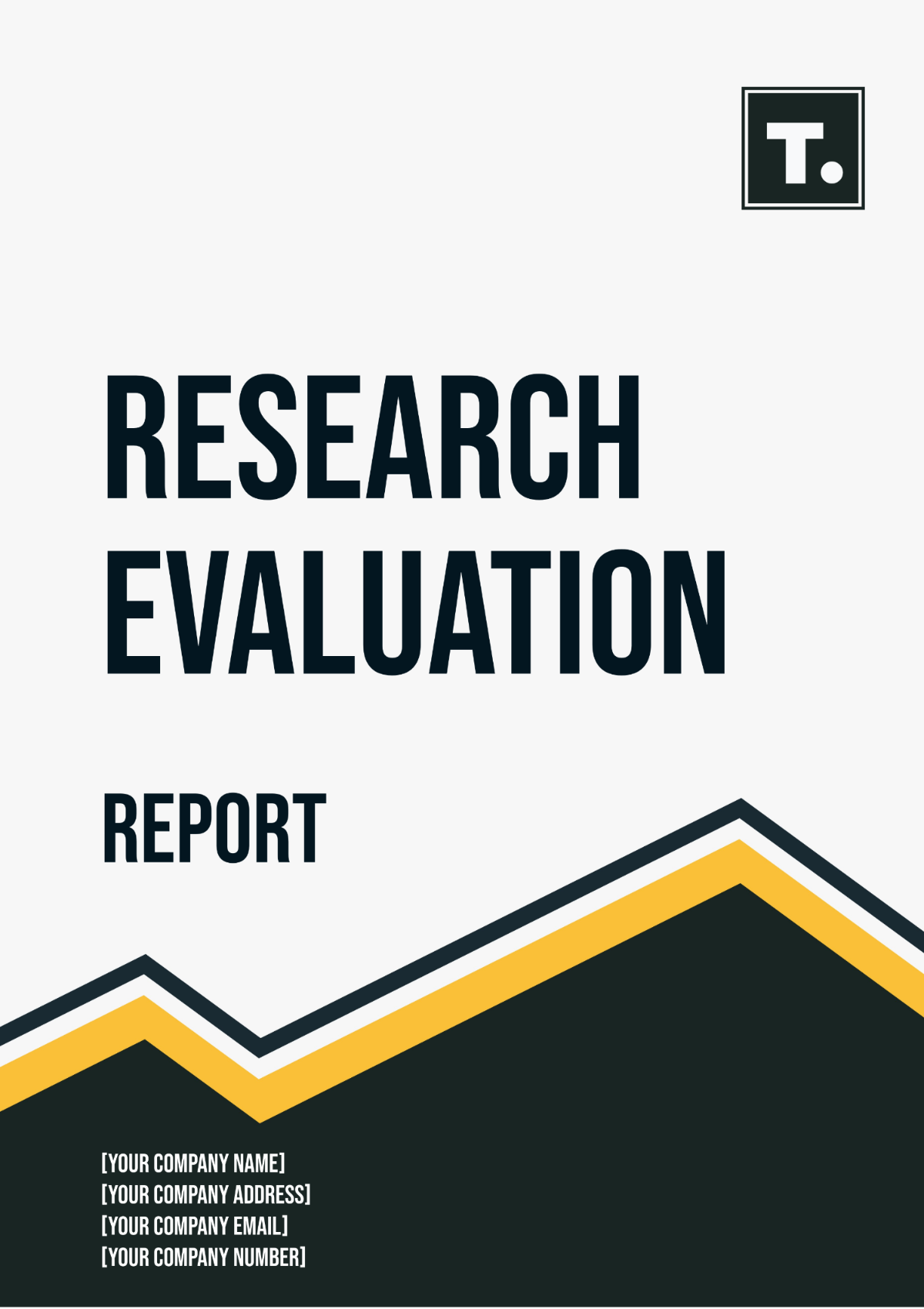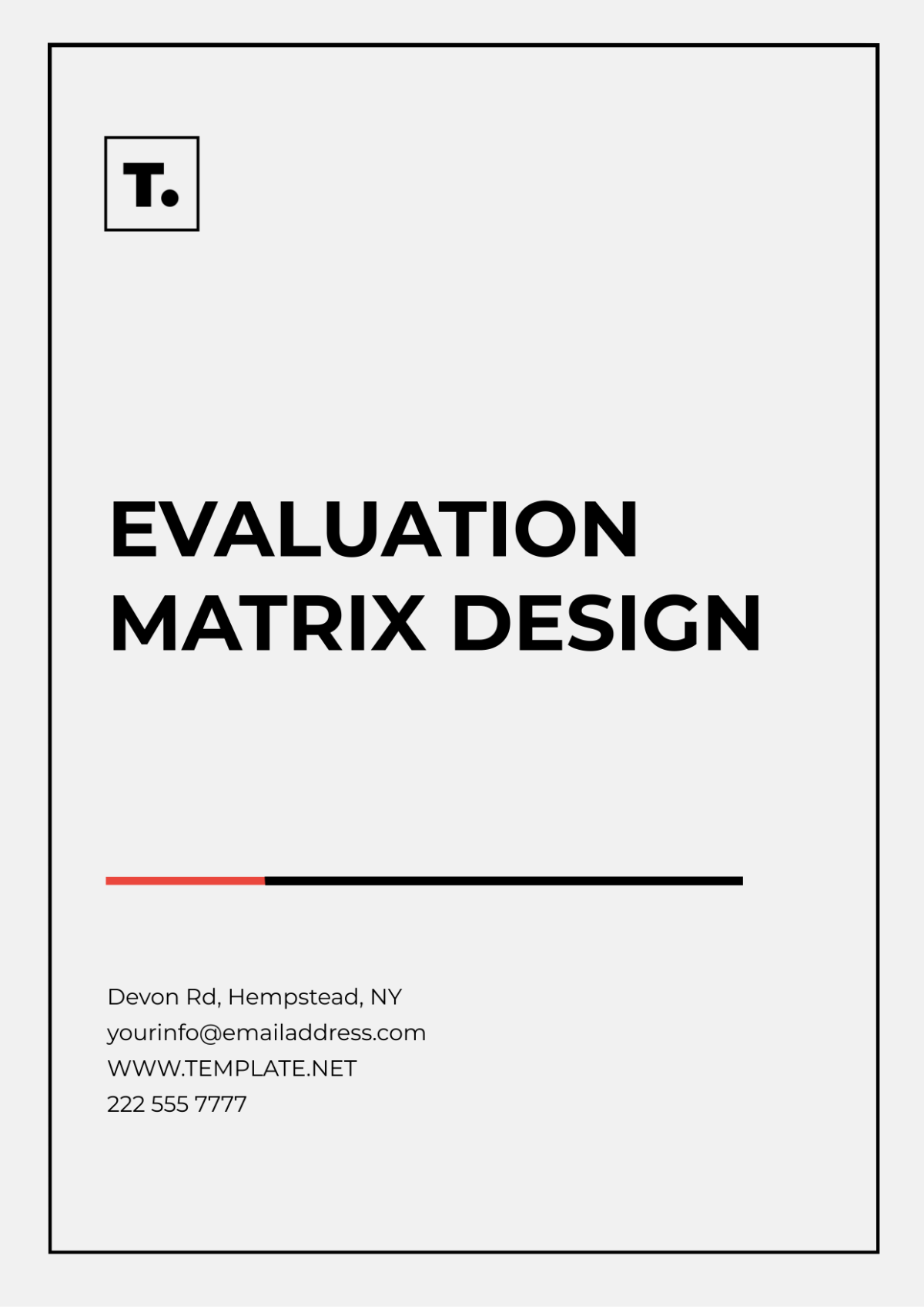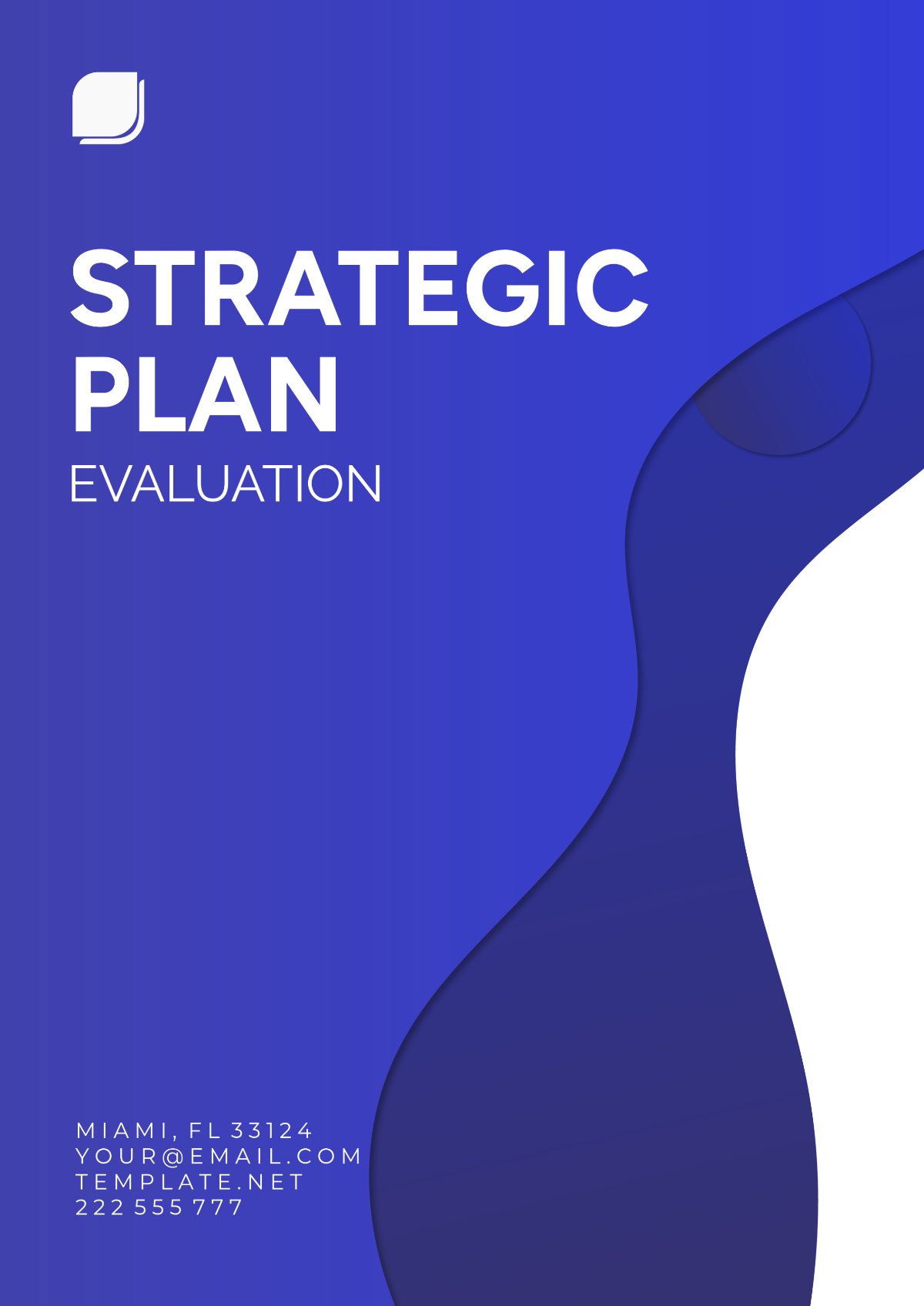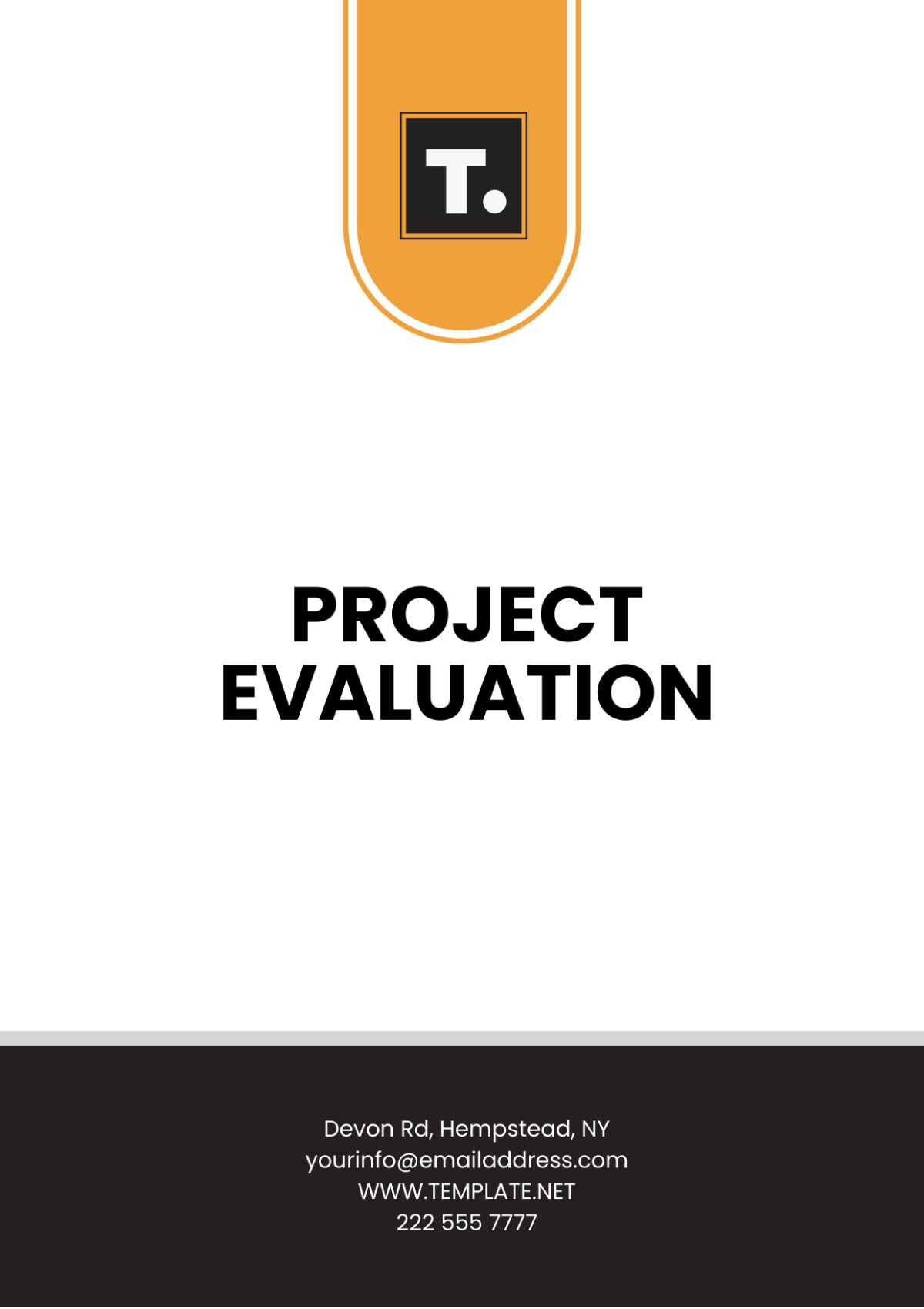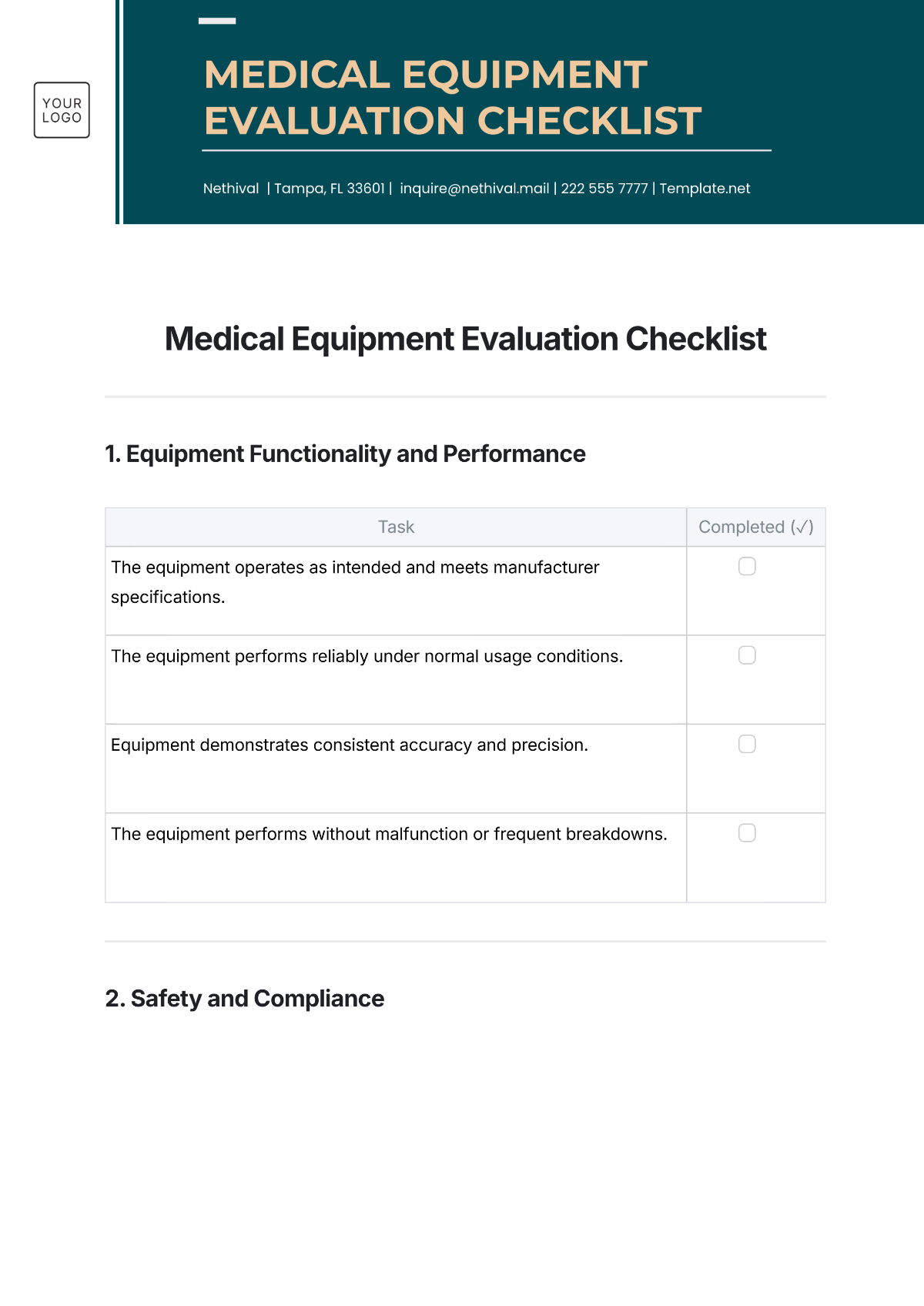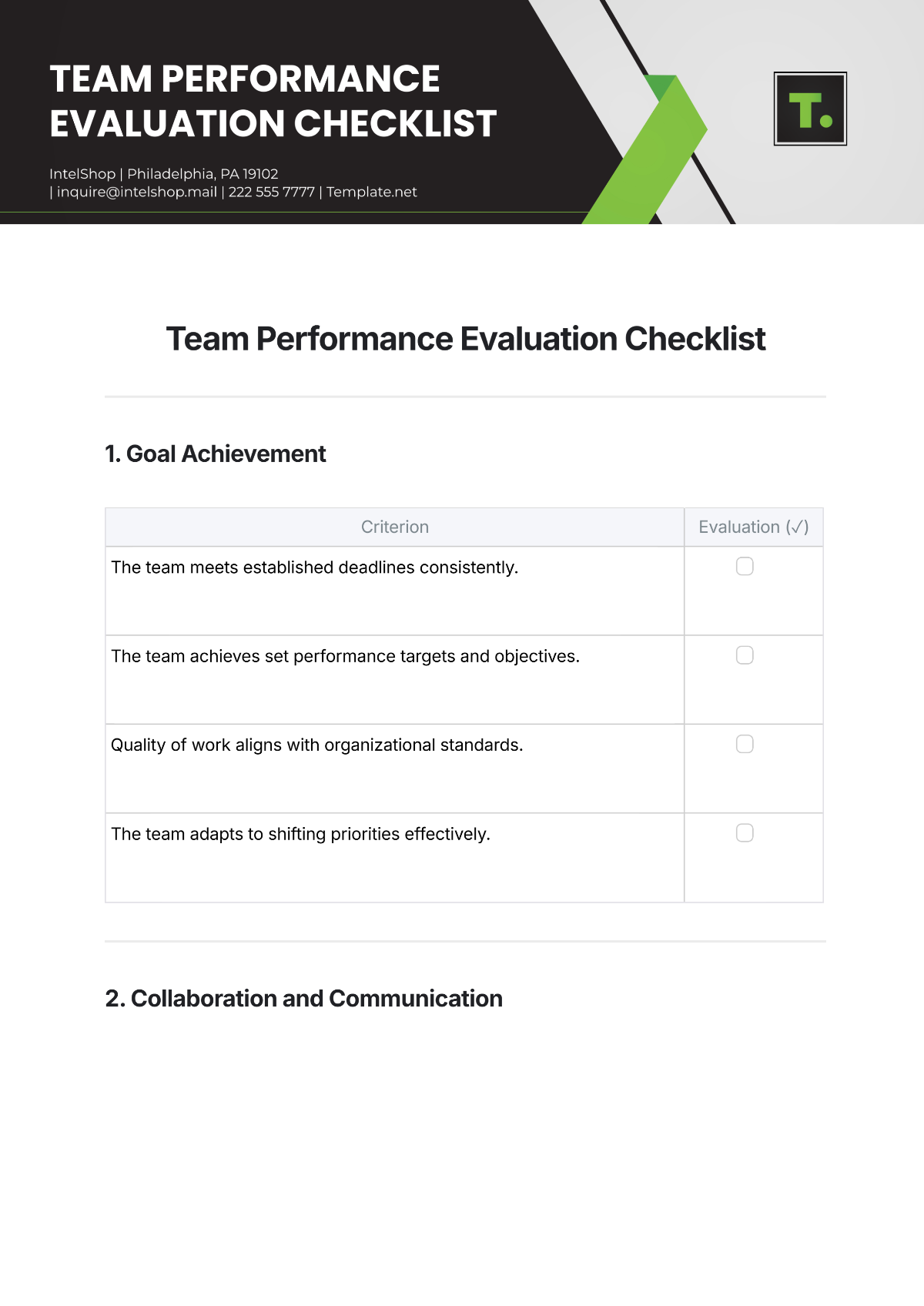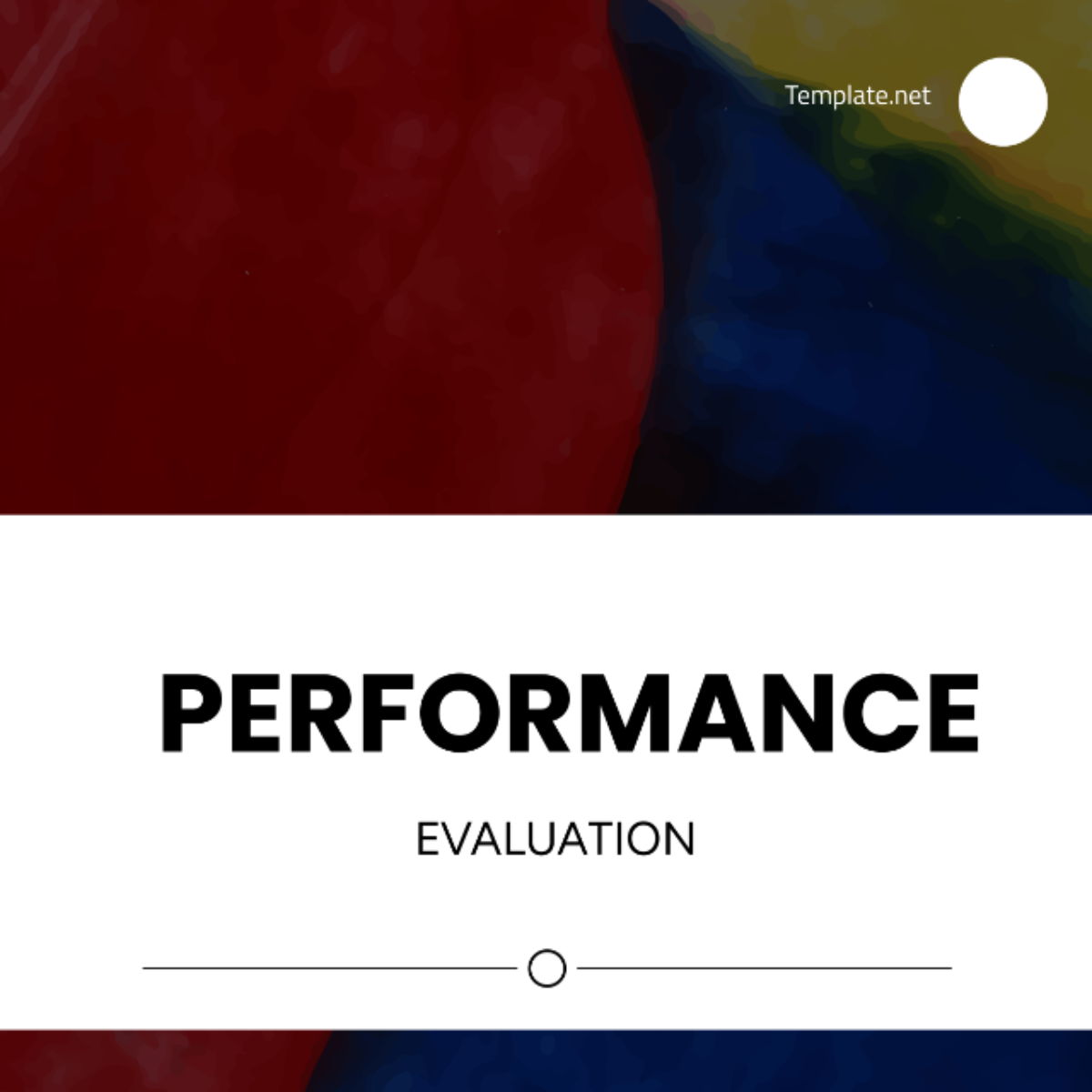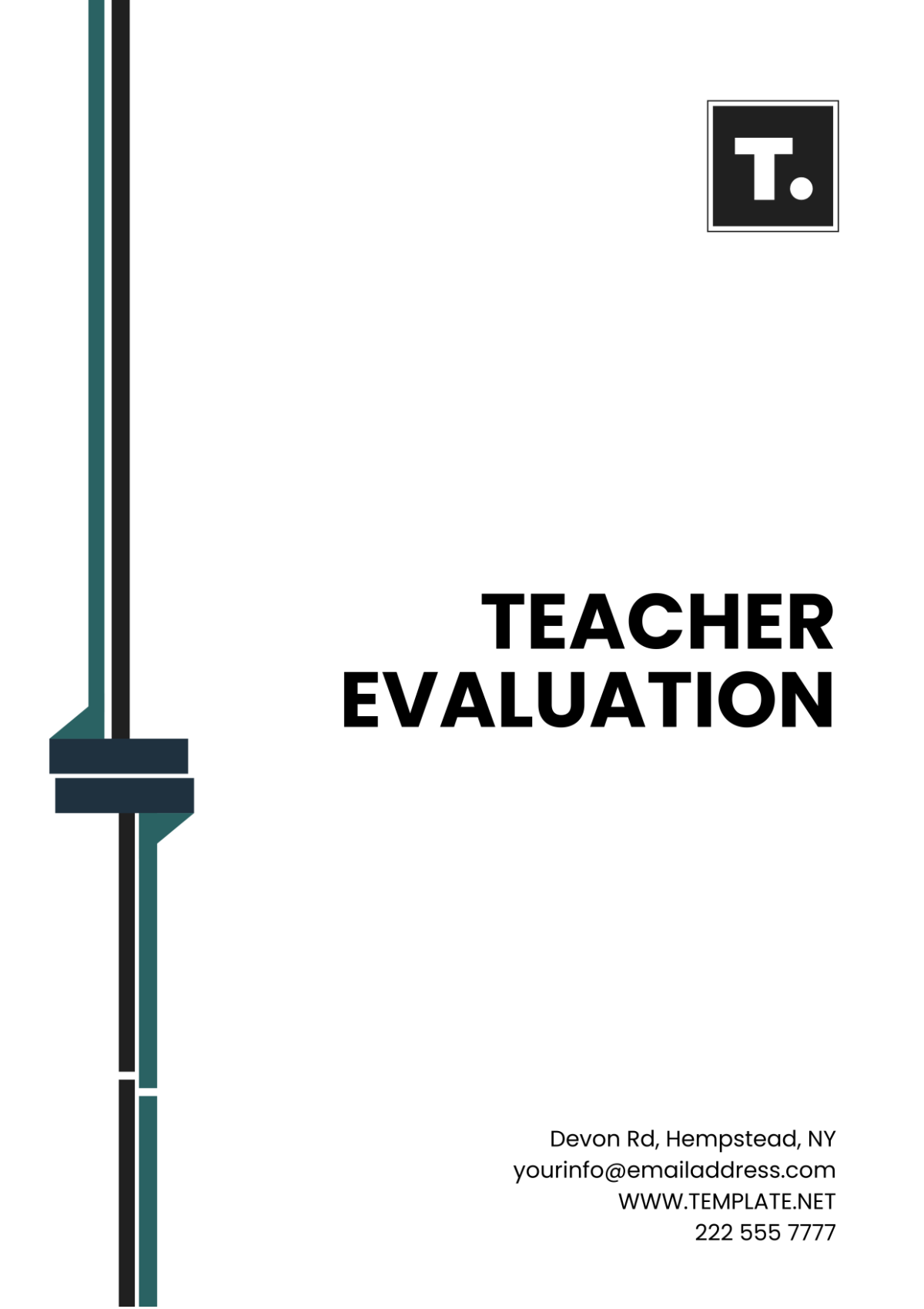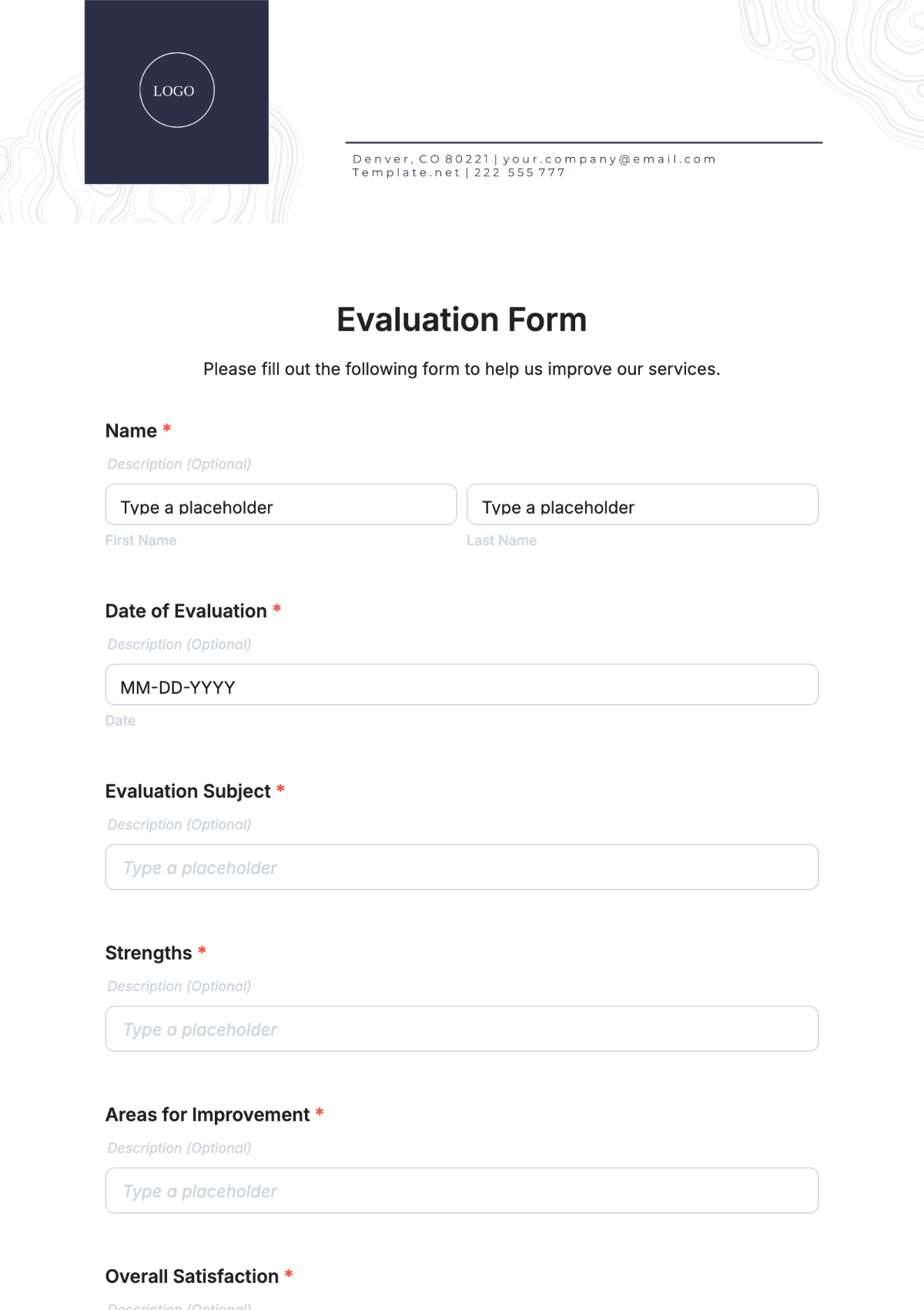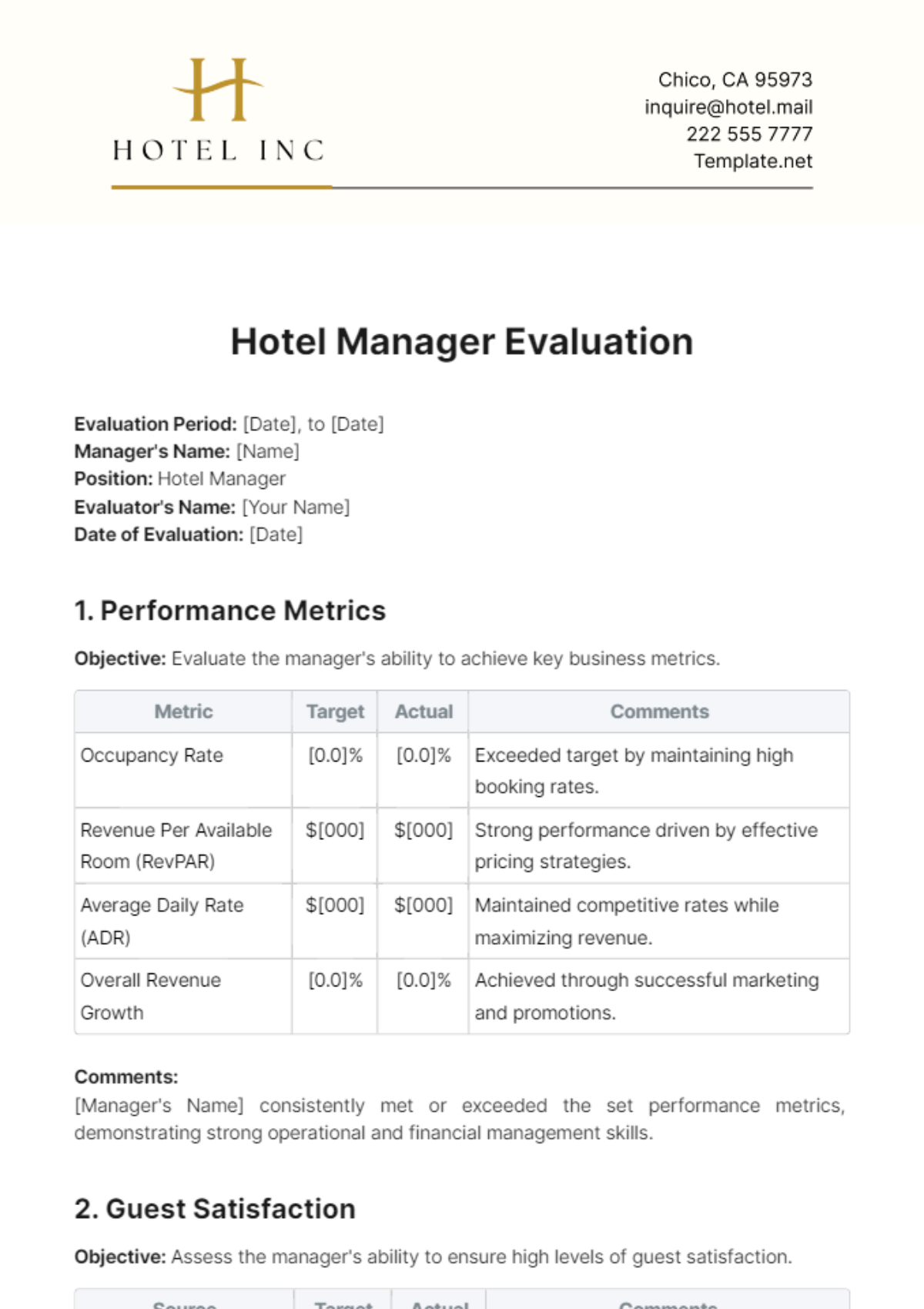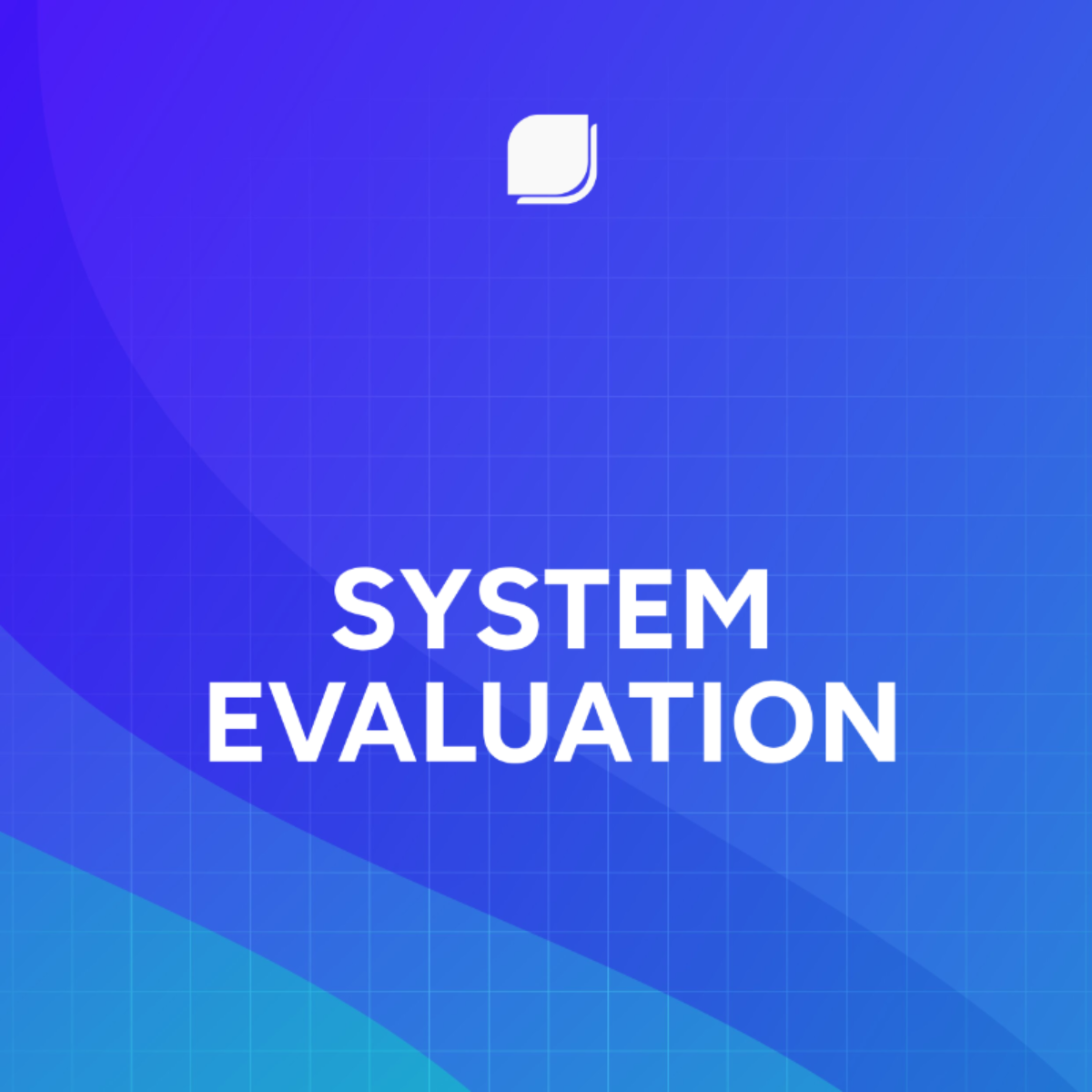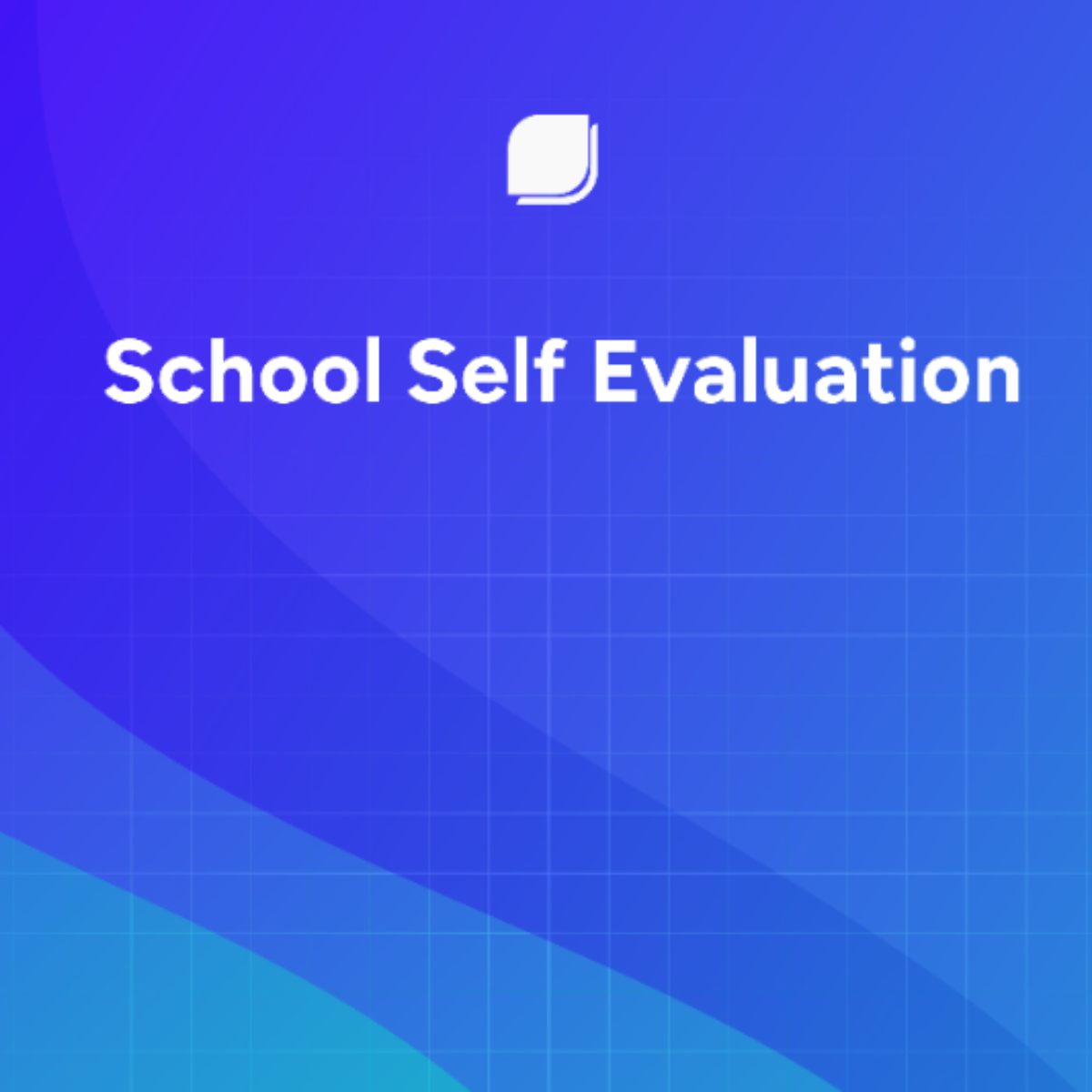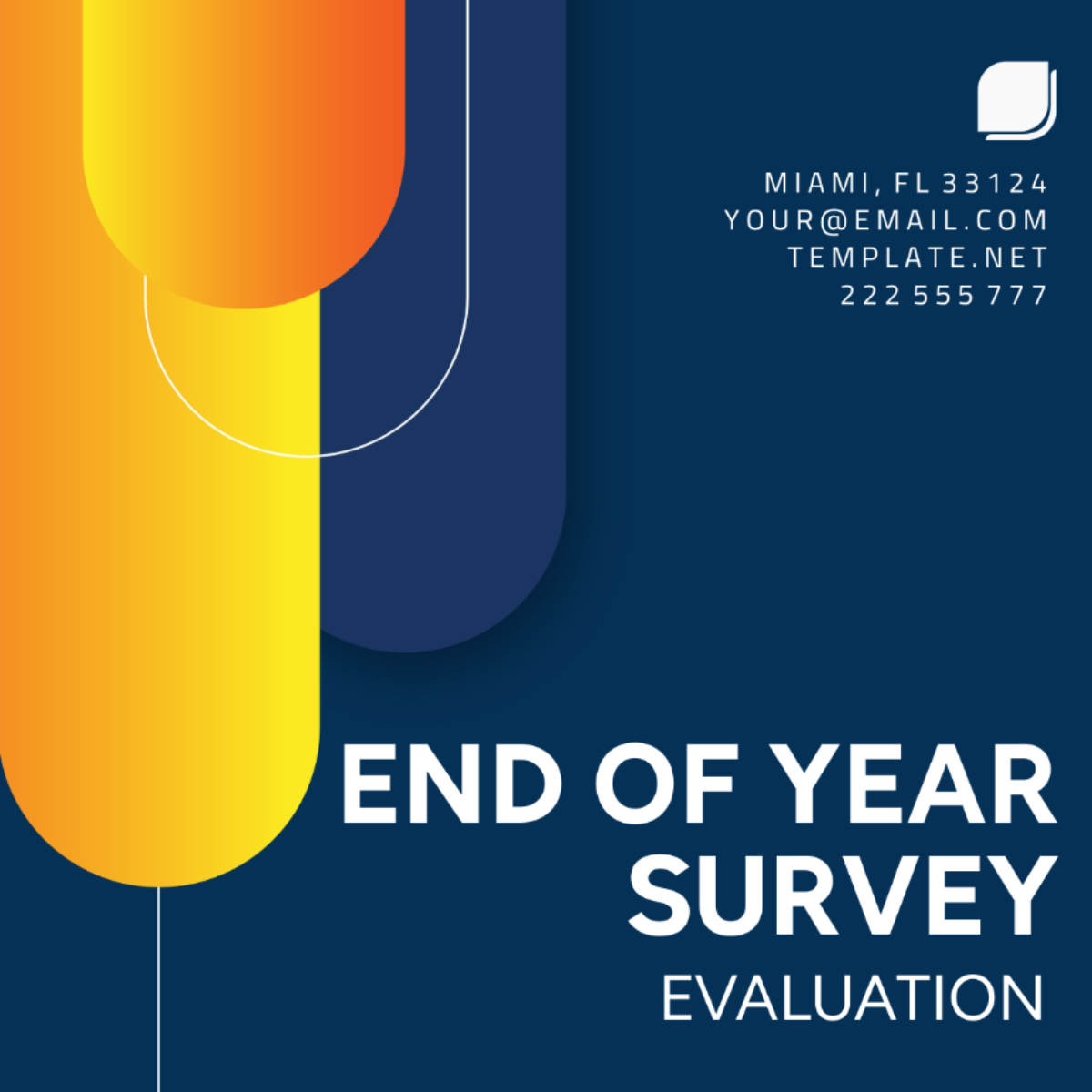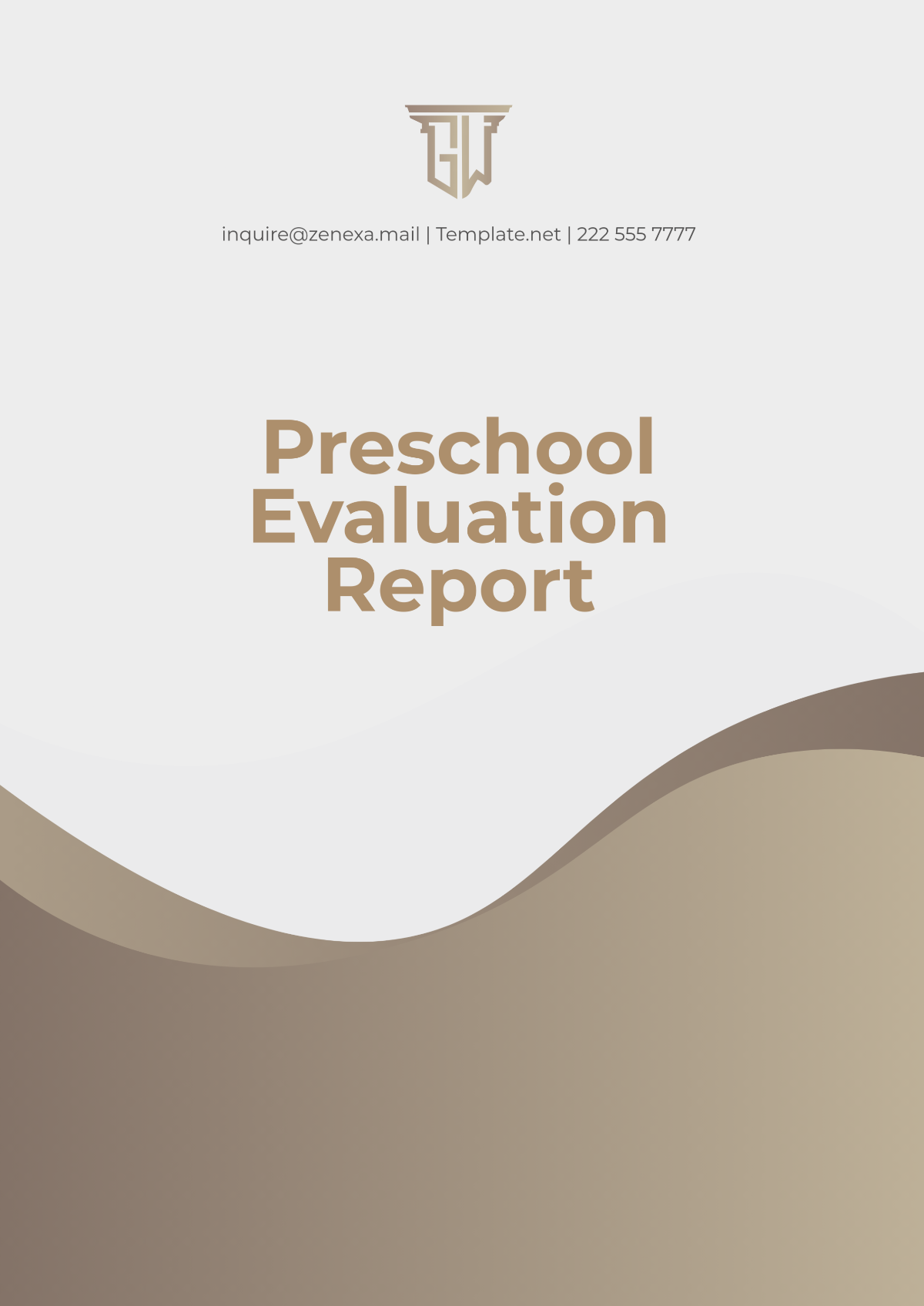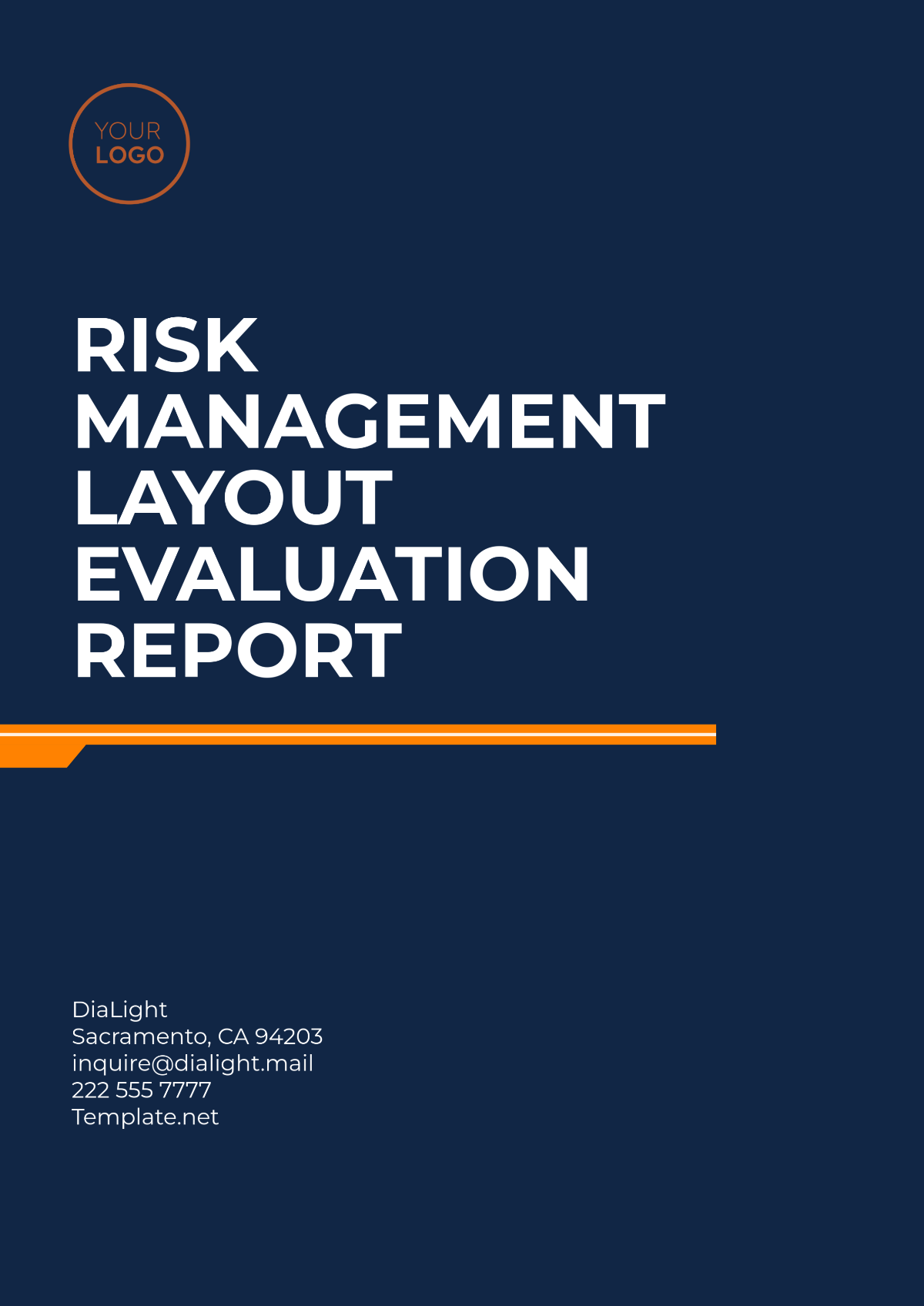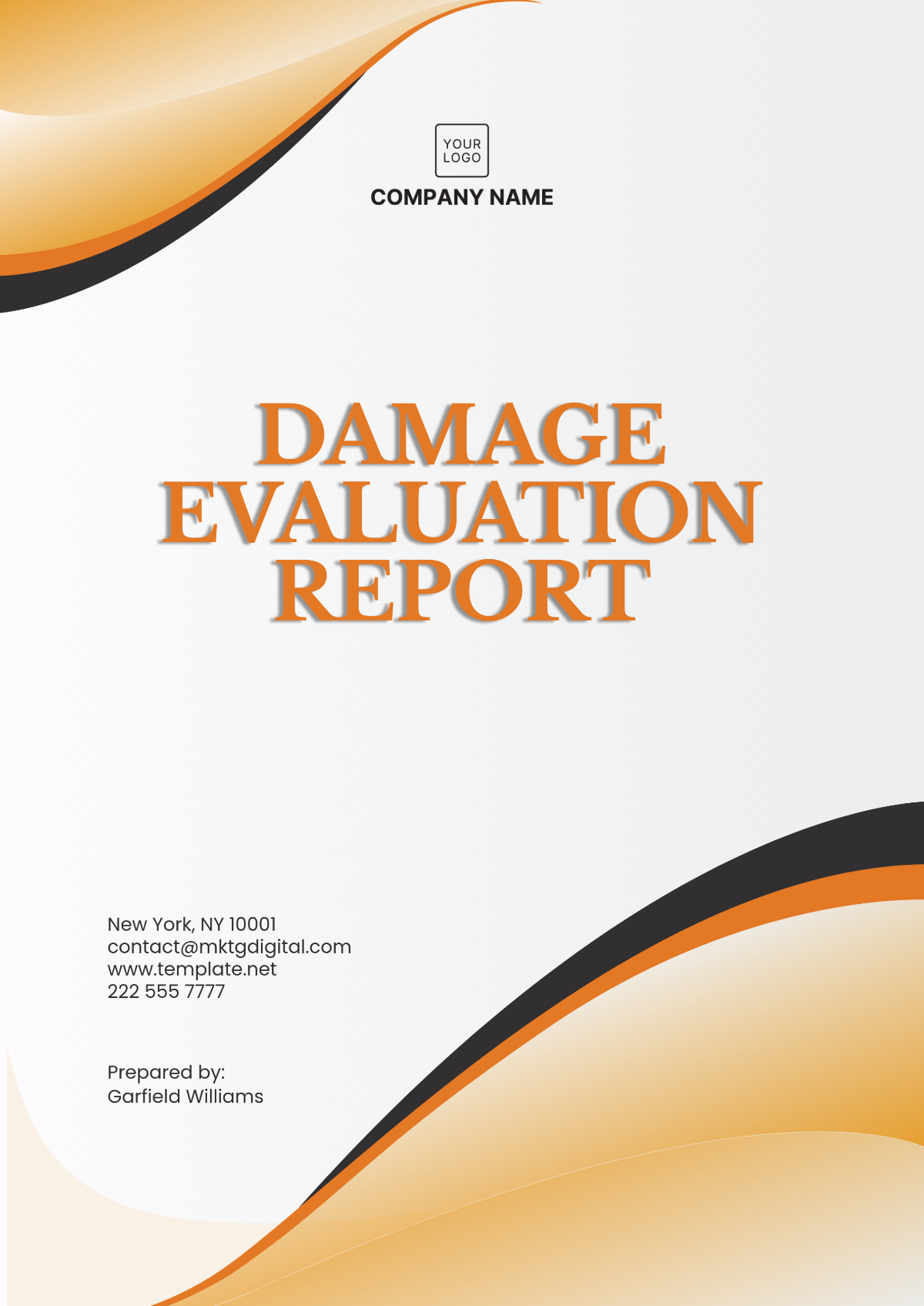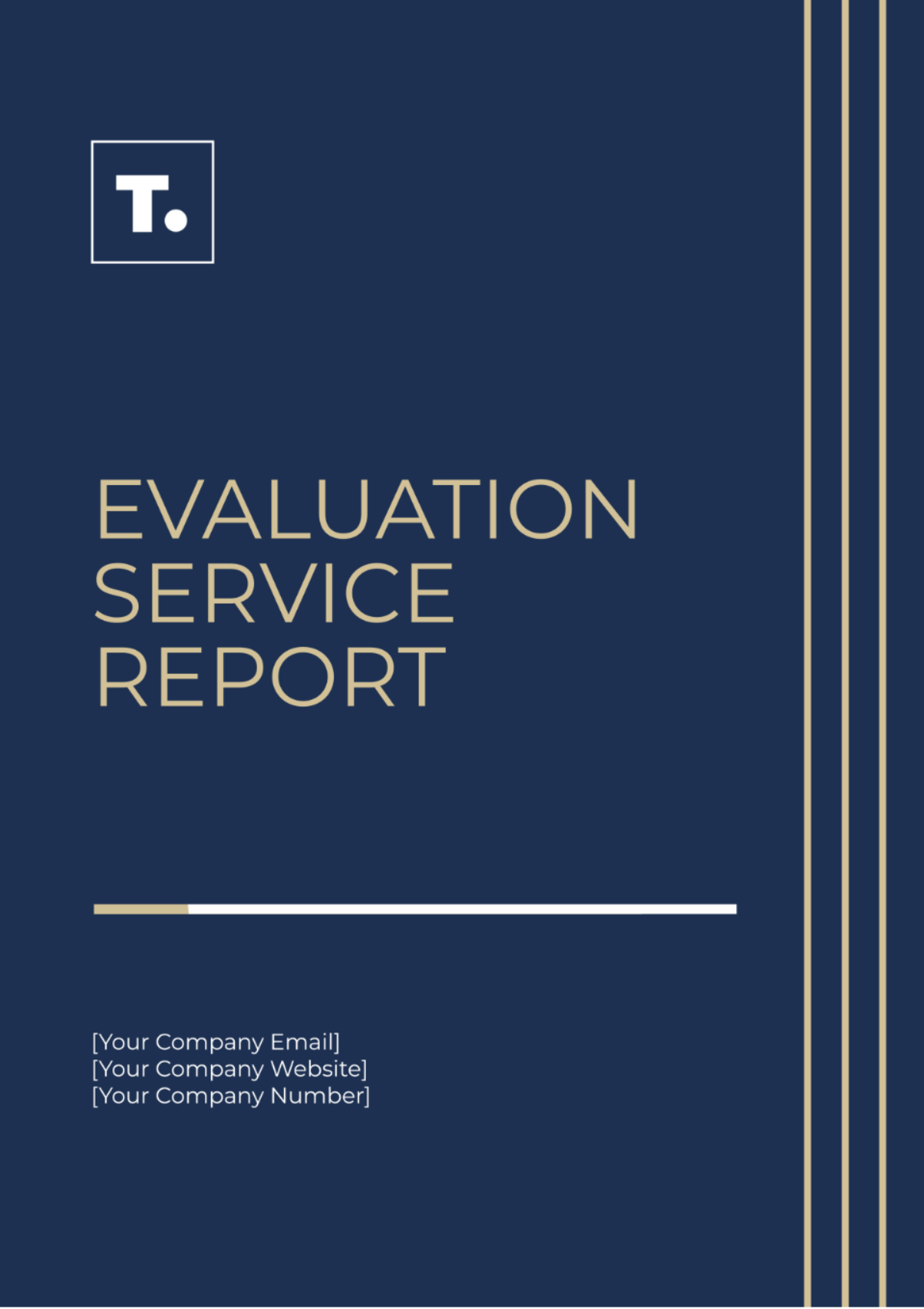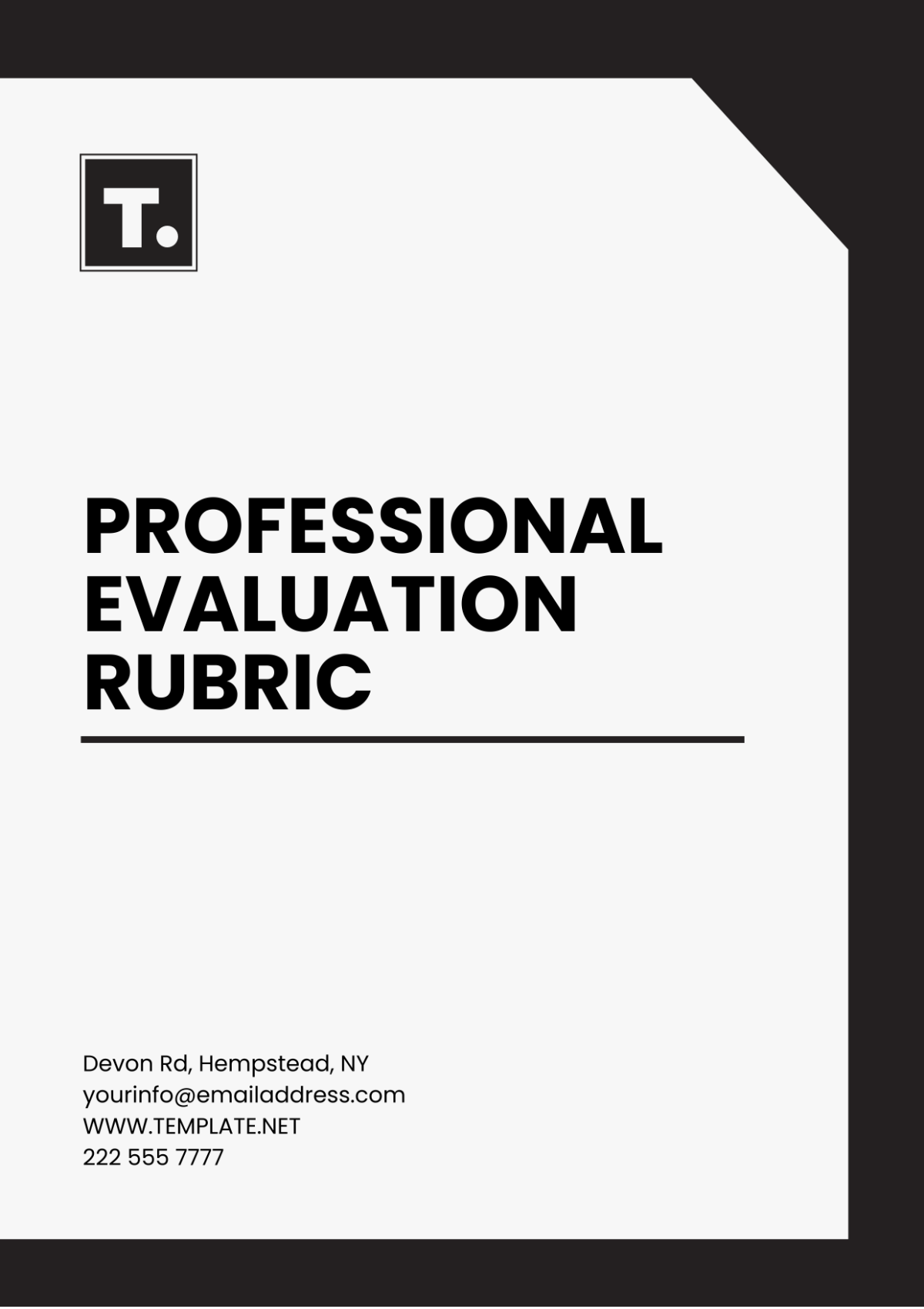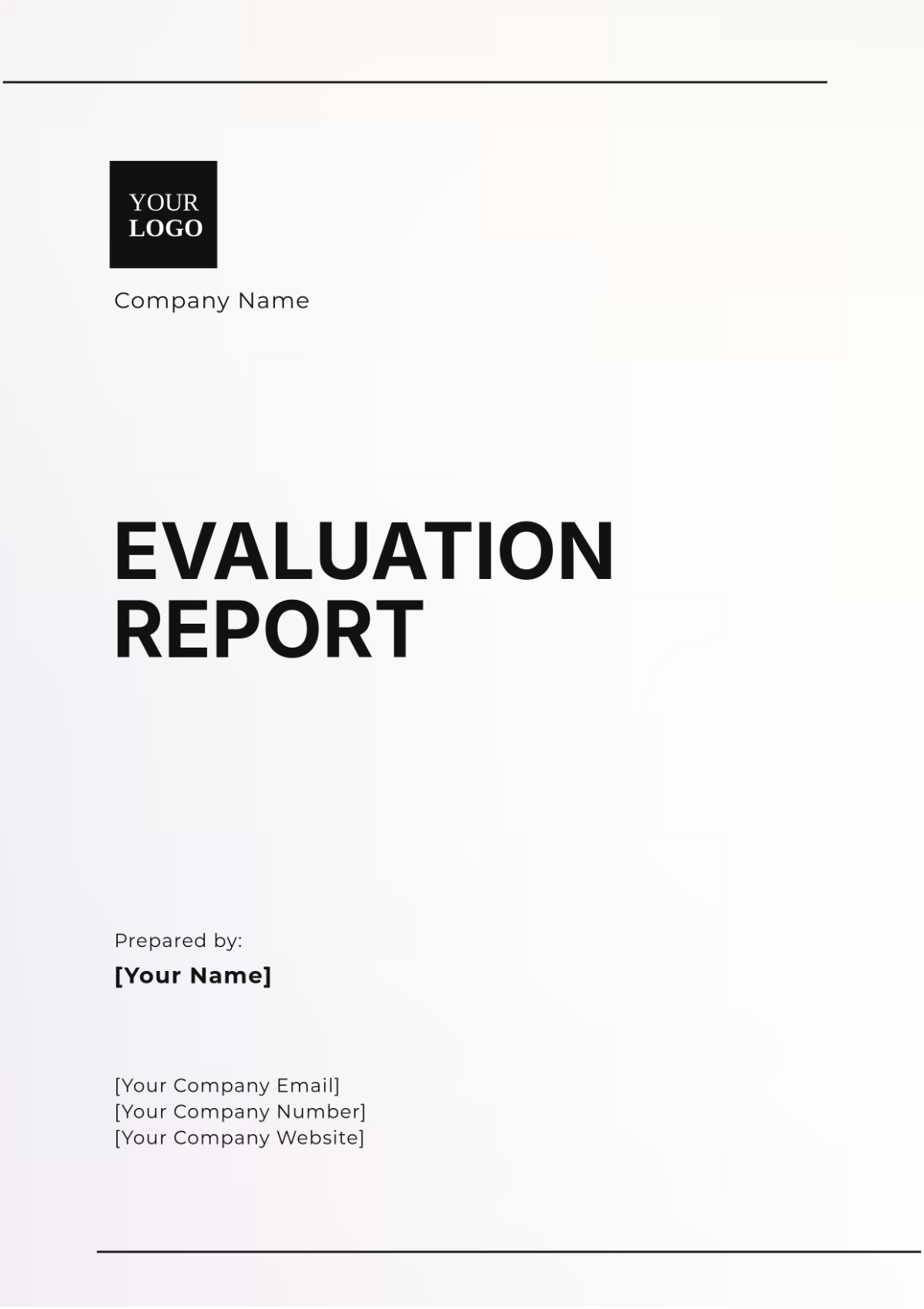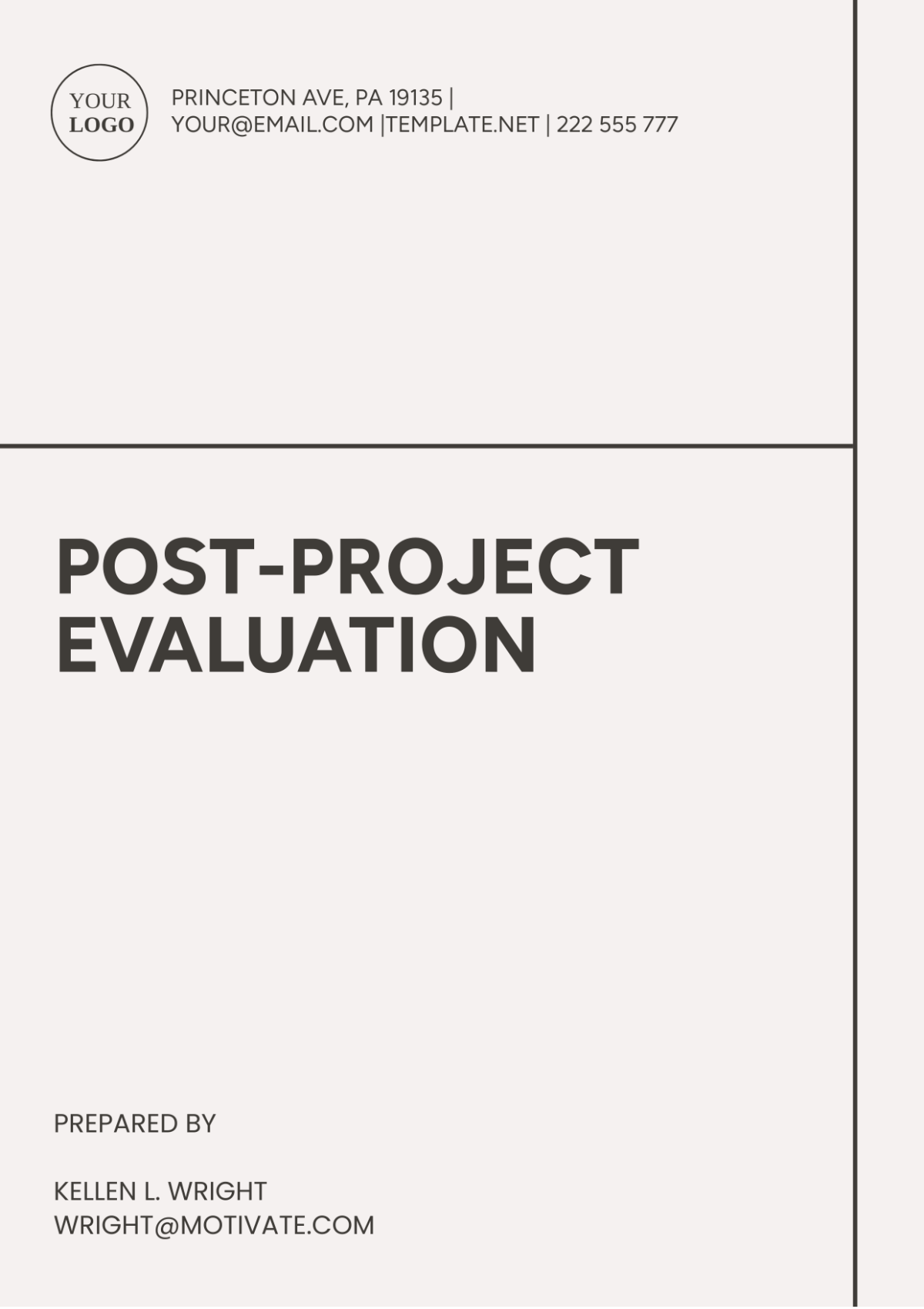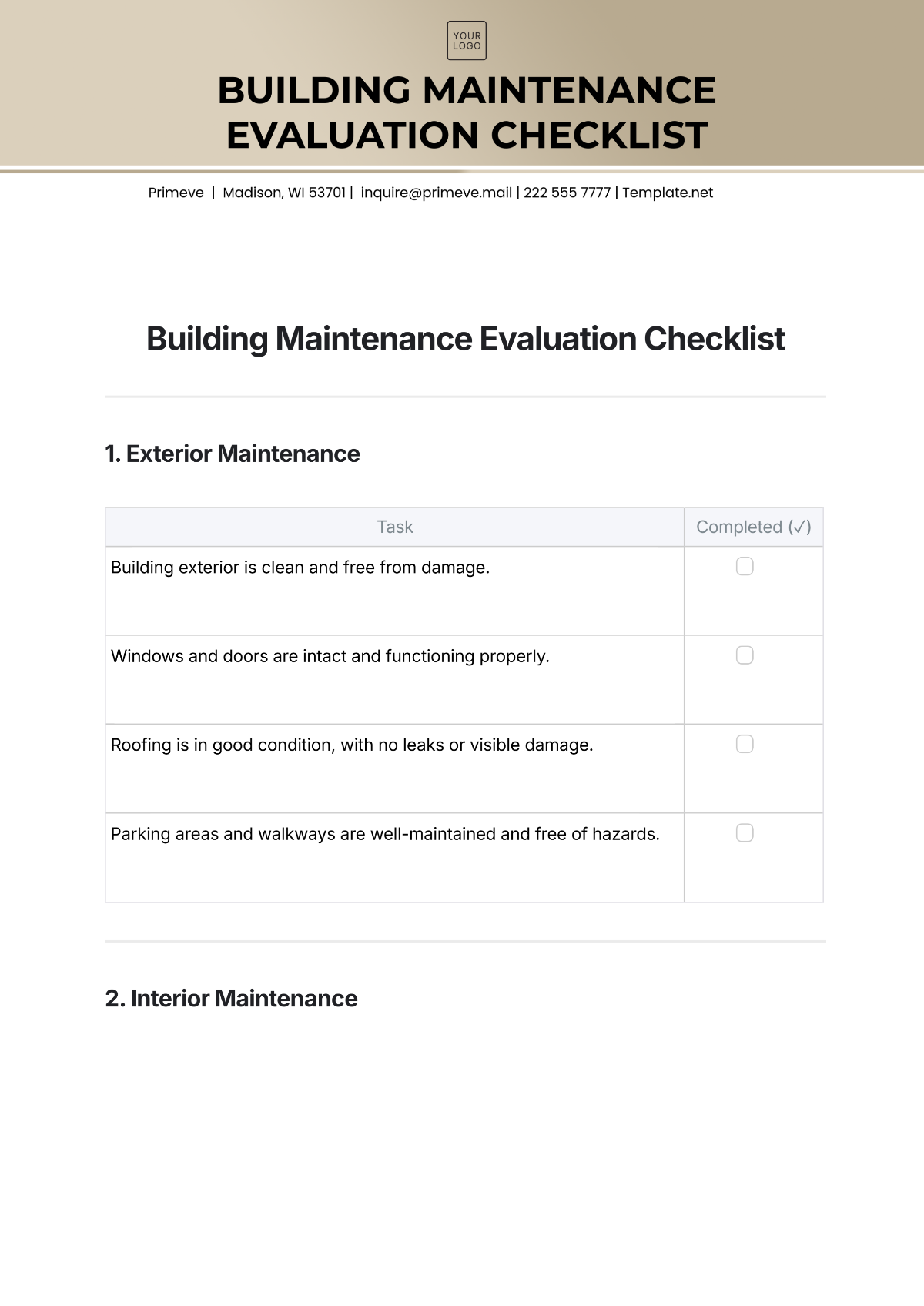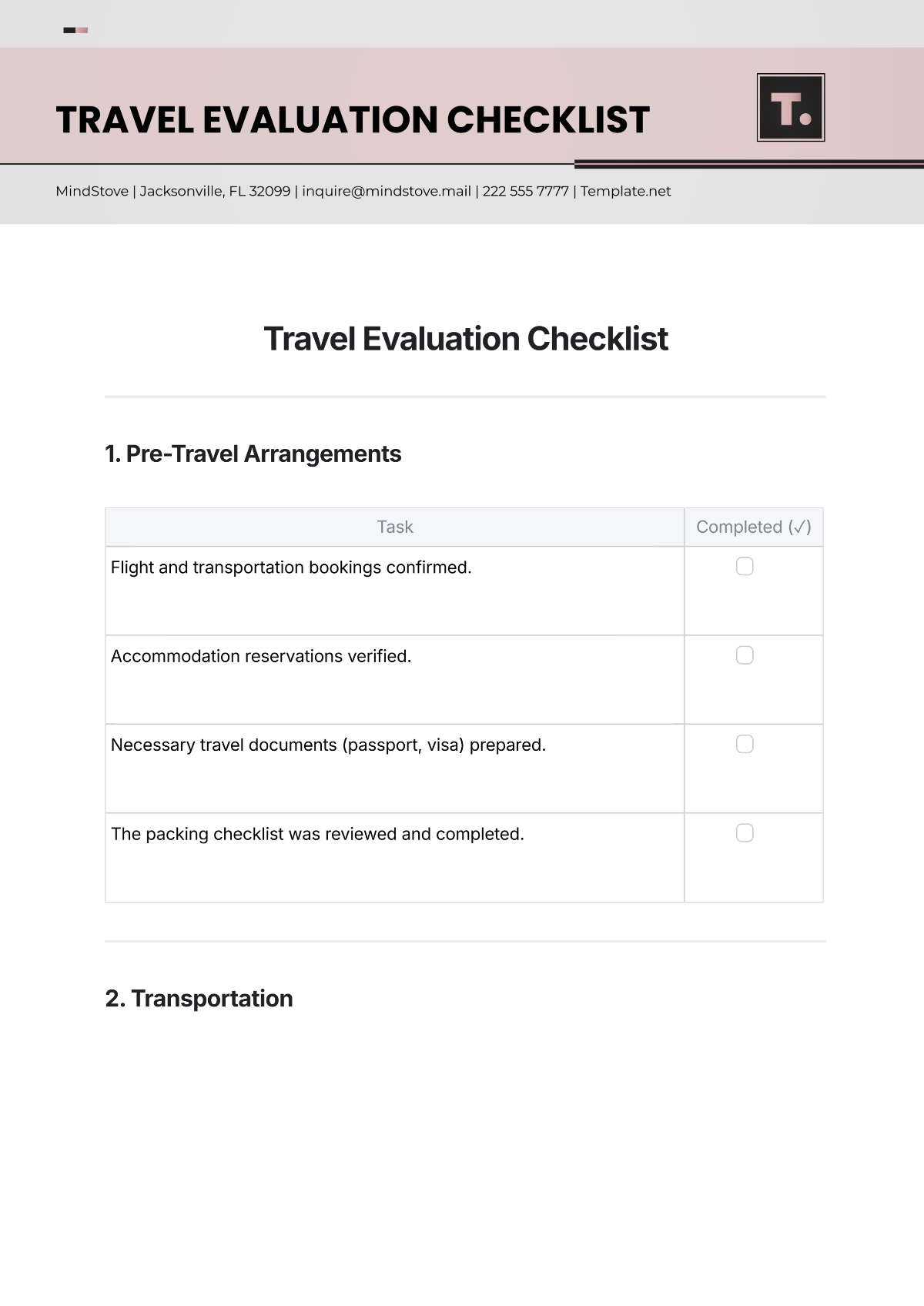Project Evaluation
Objectives
Primary Objectives
To develop and deploy renewable energy technologies in urban settings.
To reduce carbon emissions by 30% within the first five years of implementation.
To engage the community in sustainable practices through educational programs.
Secondary Objectives
To establish partnerships with local governments and businesses.
To create a scalable model for future projects in other cities.
Methodology
Data Collection
Data was collected through various methods, including:
Surveys were conducted with community members and stakeholders.
Interviews with project team members and external partners.
Performance metrics from implemented technologies.
Analysis Techniques
The analysis utilized both qualitative and quantitative methods, ensuring a comprehensive understanding of the project's performance.
Findings
Project Design Effectiveness
Design Element | Success Rate (%) | Comments |
|---|---|---|
Solar Panel Installation | 85% | High community engagement led to successful adoption. |
Smart Grid Implementation | 70% | Technical challenges were encountered during setup. |
Community Workshops | 90% | Positive feedback on educational content and format. |
Implementation Challenges
Technical Issues: Delays in smart grid integration due to outdated infrastructure.
Community Engagement: Initial tech resistance, but workshops helped.
Recommendations
Short-Term Actions
Enhance Training: Provide additional training sessions for community members on new technologies.
Technical Support: Establish a dedicated support team to address ongoing technical issues.
Long-Term Strategies
Continuous Feedback Loop: Implement regular feedback mechanisms to assess community needs and project effectiveness.
Scalability Planning: Develop a framework for expanding the project to other urban areas, based on current successes and challenges.
Lessons Learned
Engagement is Key: Early and ongoing community involvement is crucial for project success.
Flexibility in Design: Adaptability in project design allows for better responsiveness to unforeseen challenges.
Conclusion
The “Green City Initiative” has shown significant promise in enhancing urban sustainability through innovative renewable energy solutions. By addressing the identified challenges and implementing the recommendations provided, [Your Company Name] can improve future projects and contribute meaningfully to environmental sustainability.
For further information, please contact:
[Your Name]
[Your Email]
